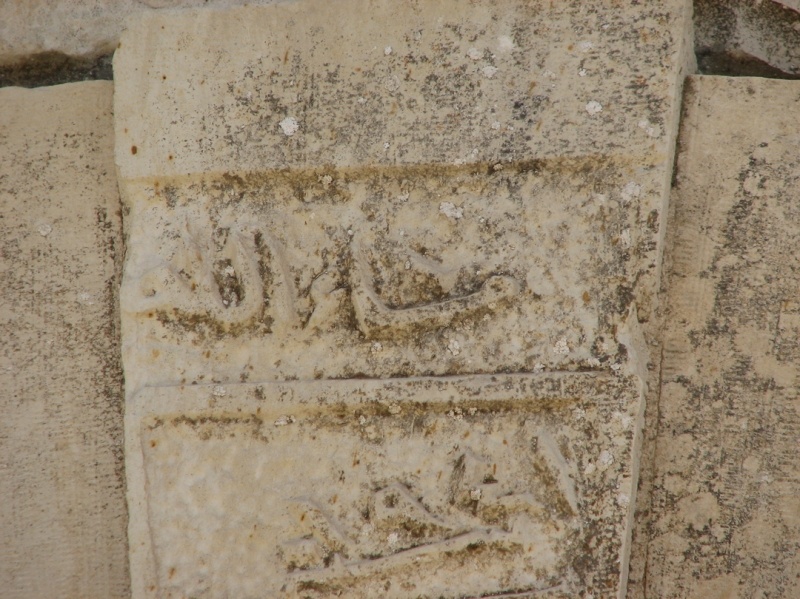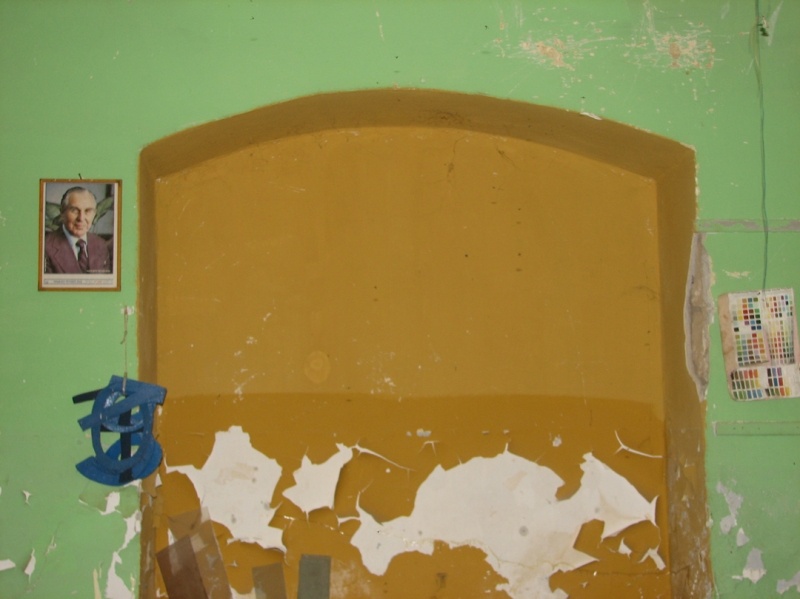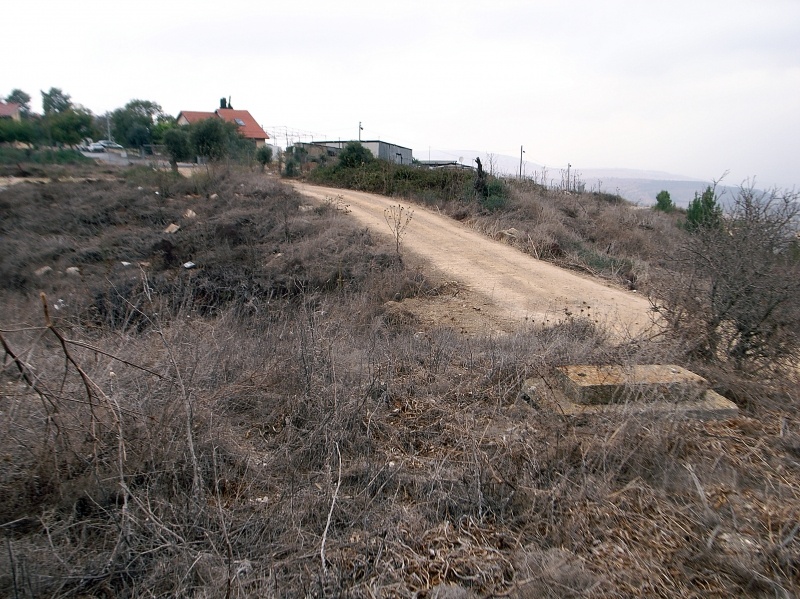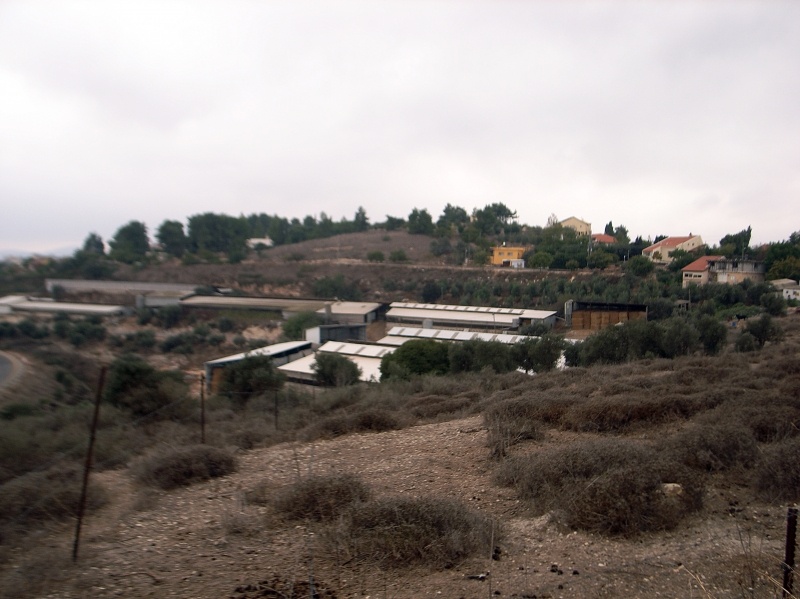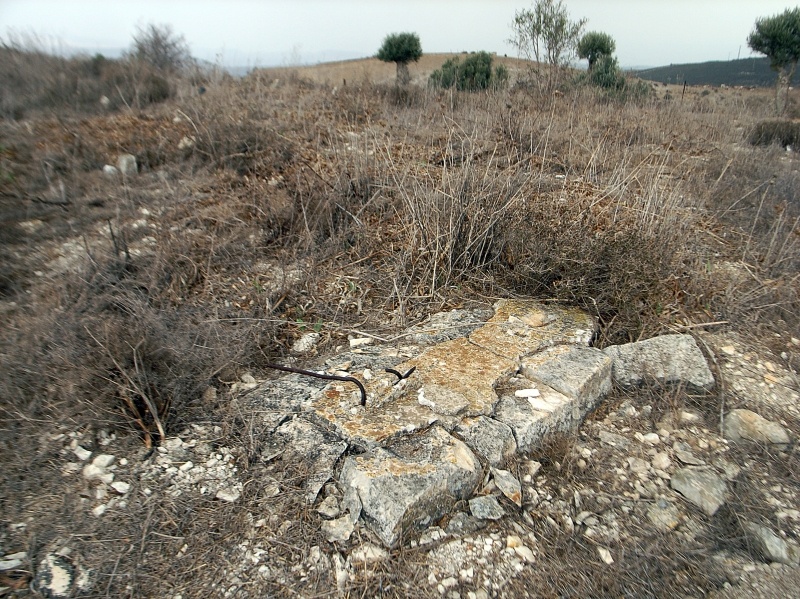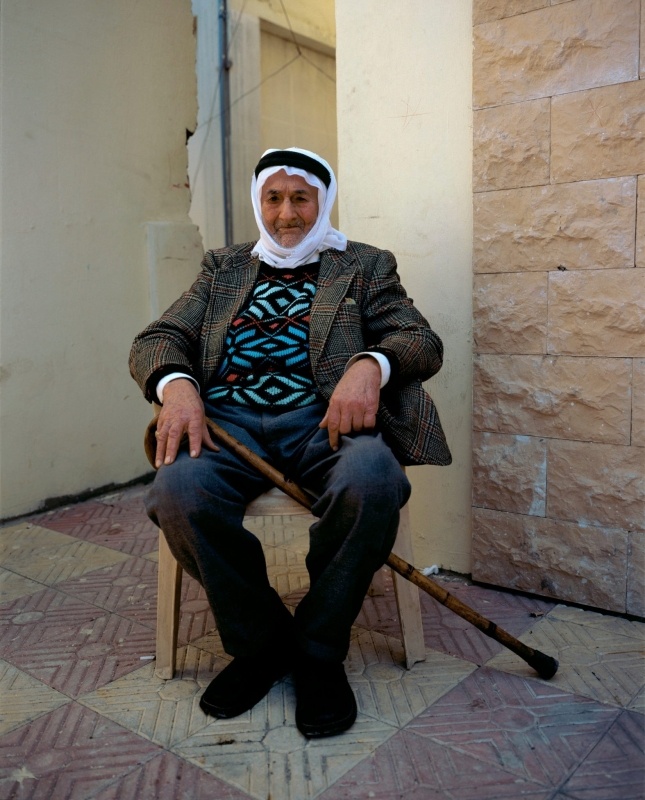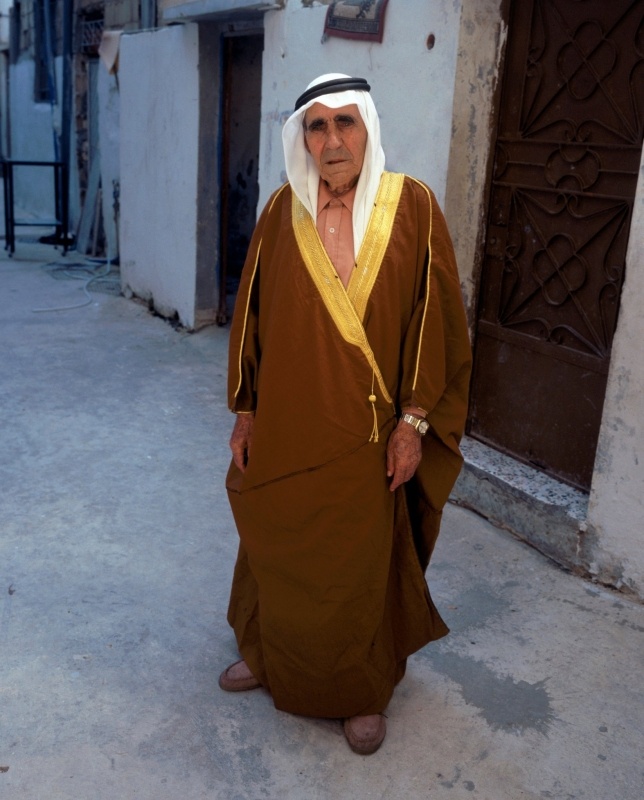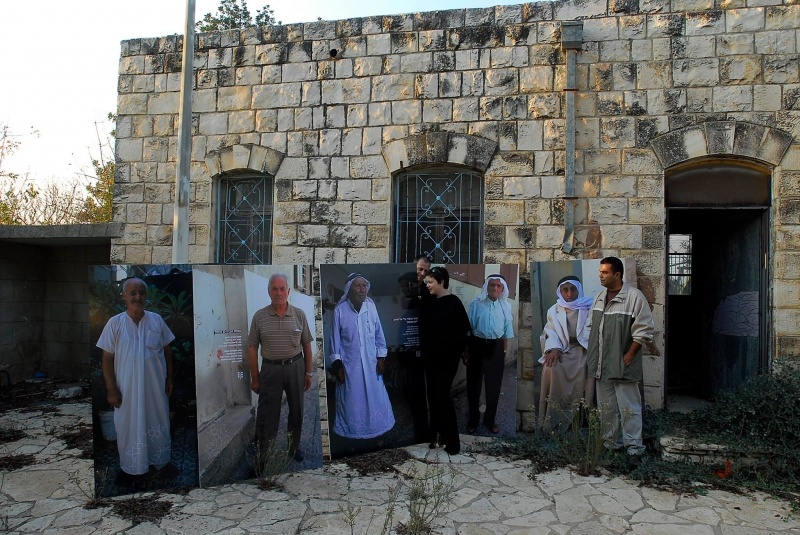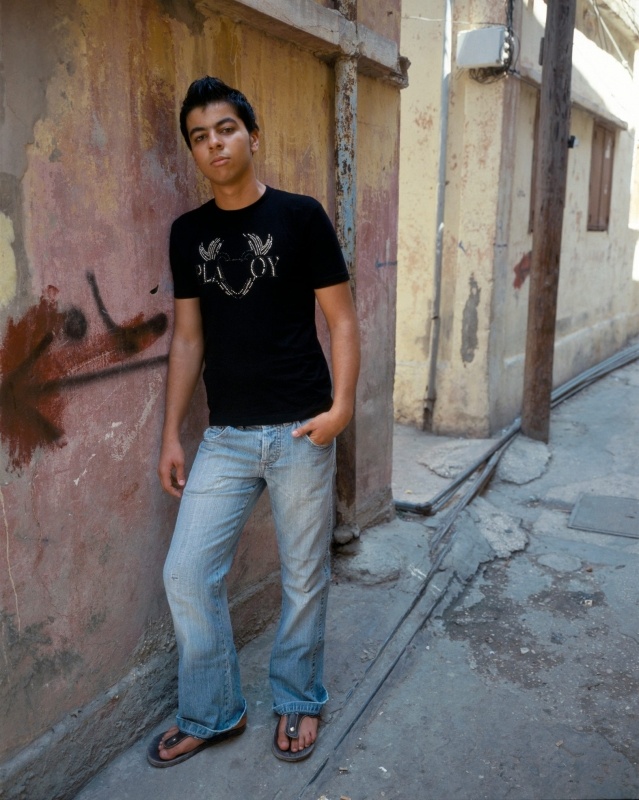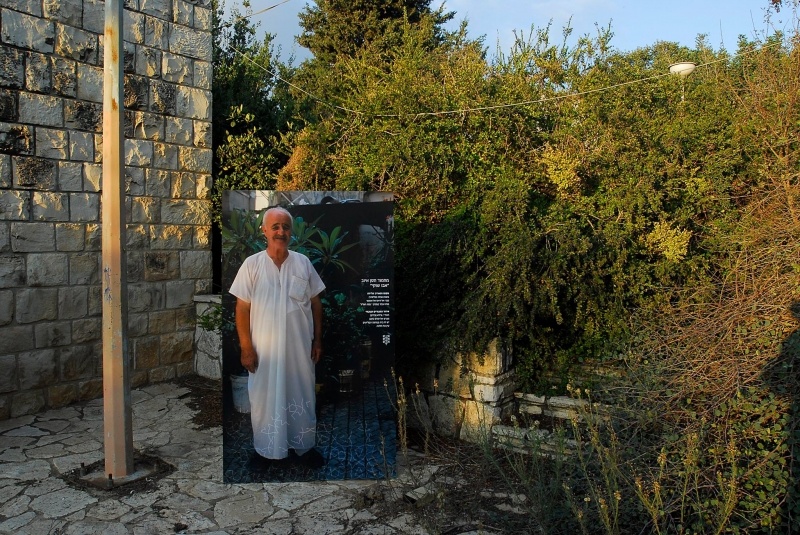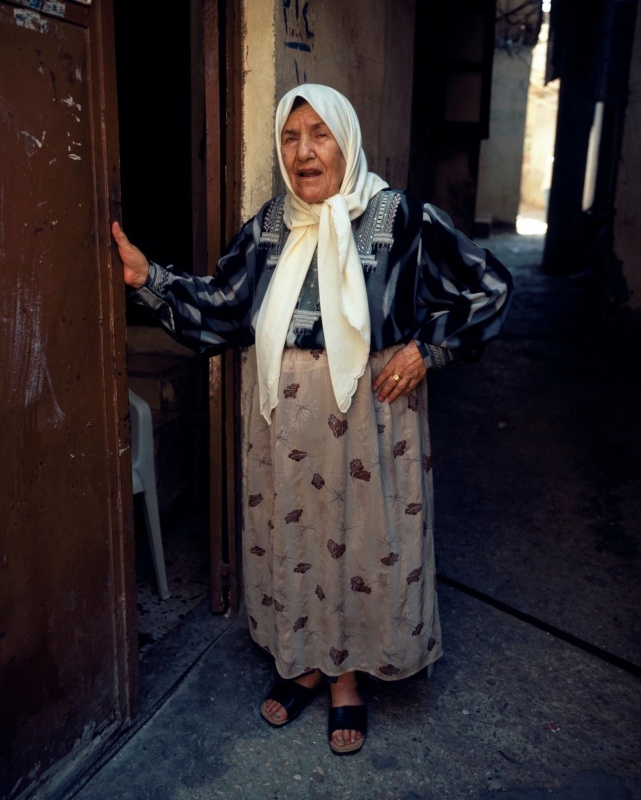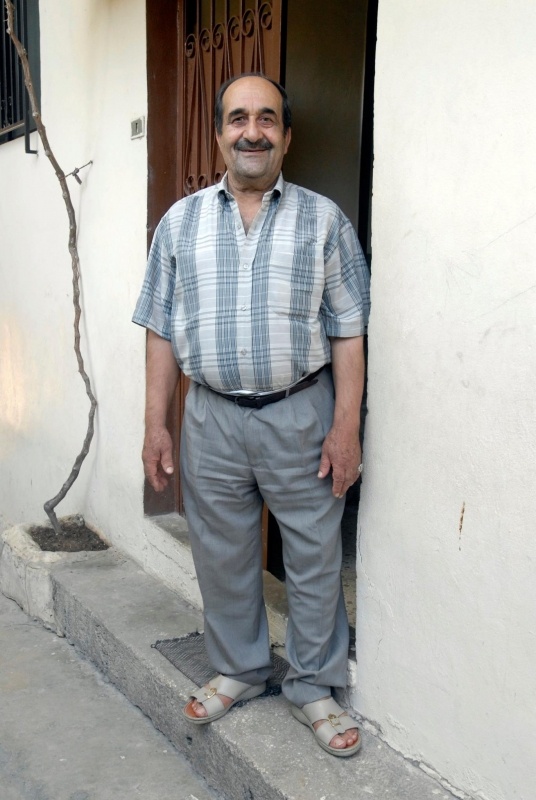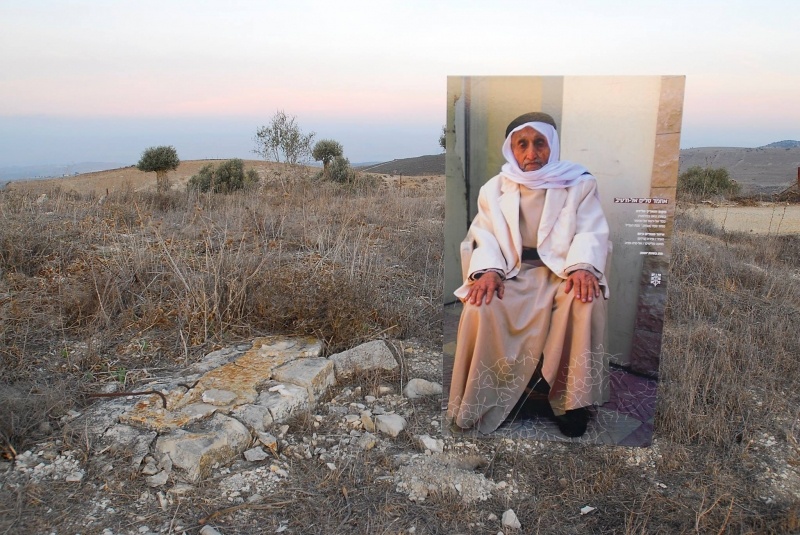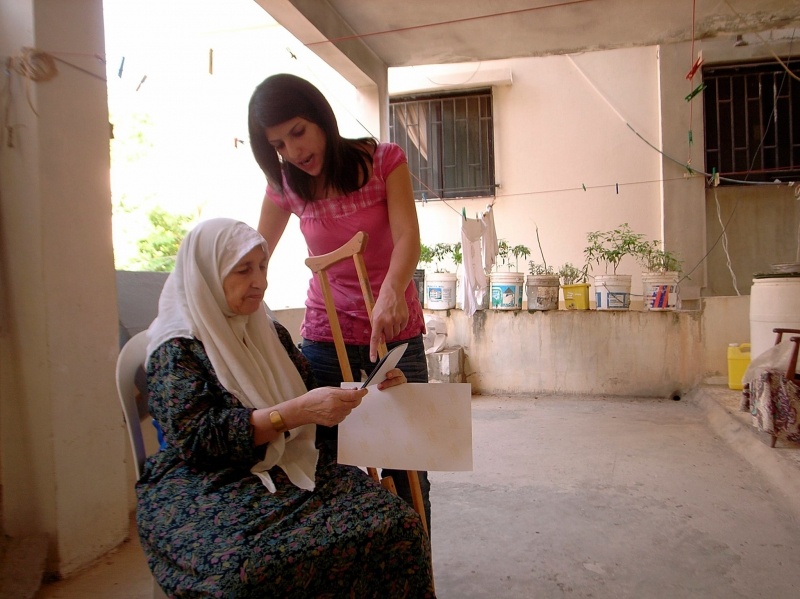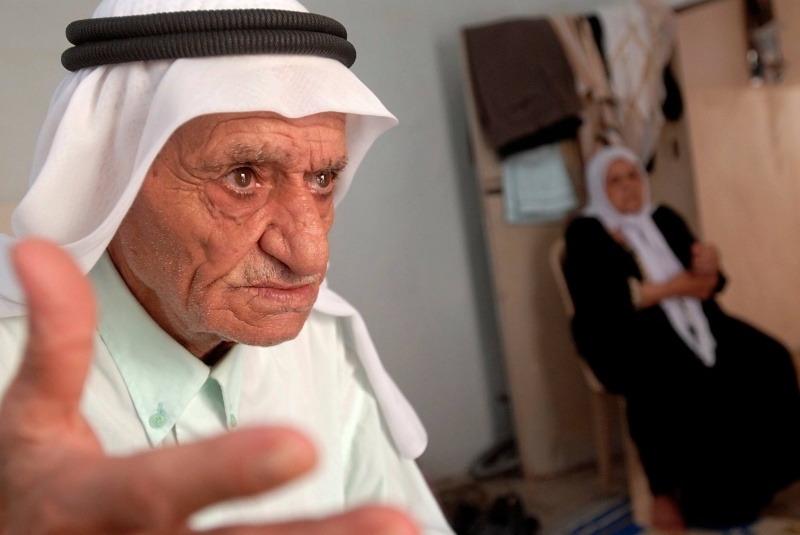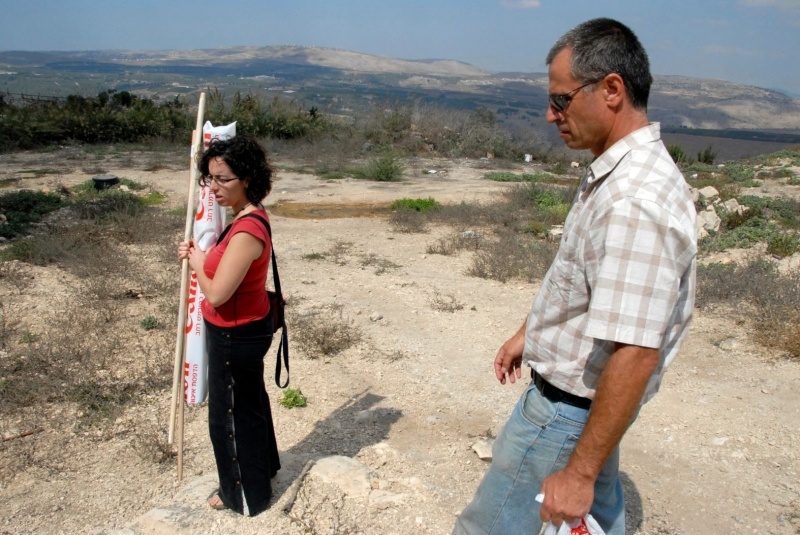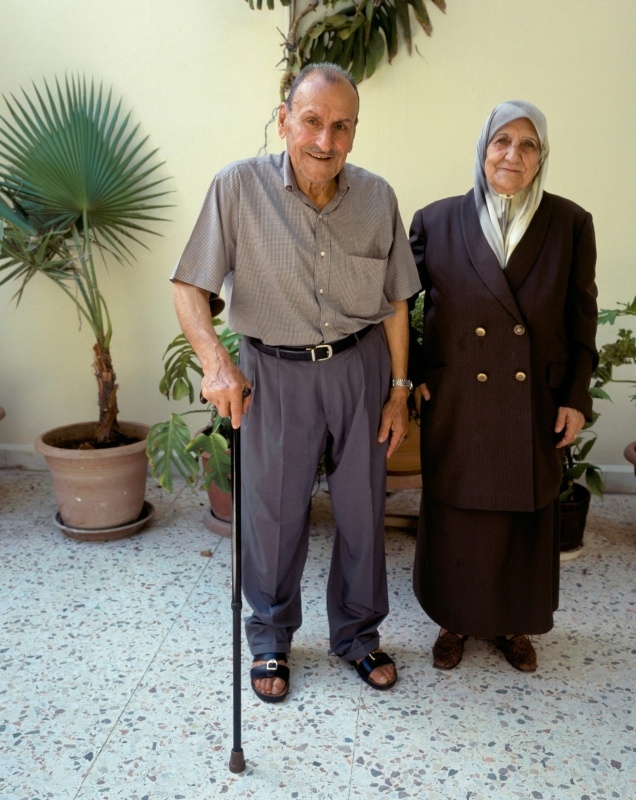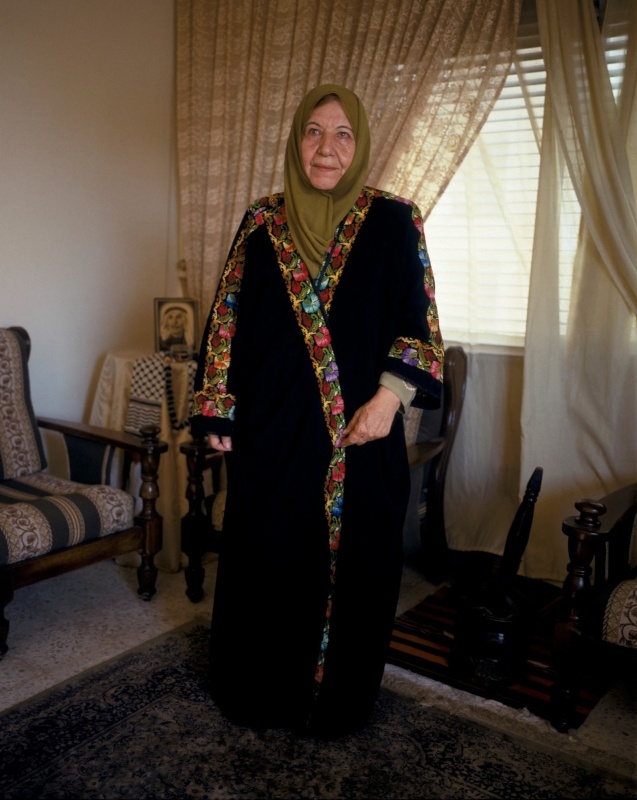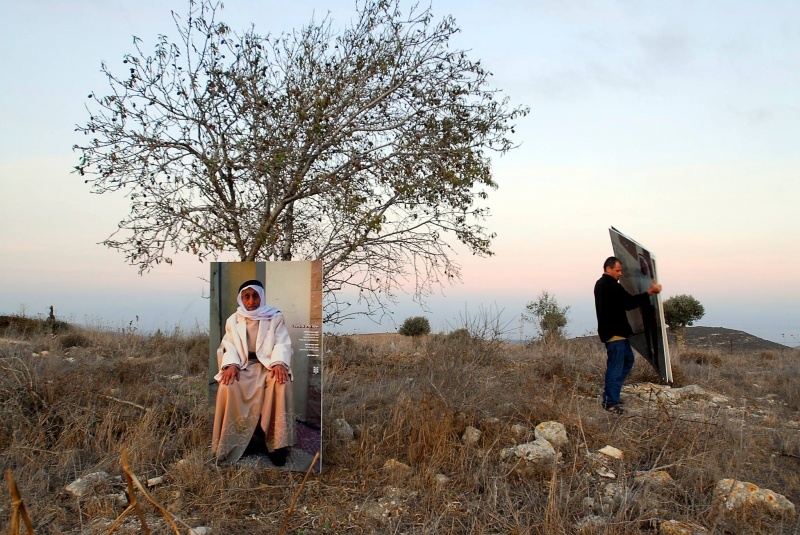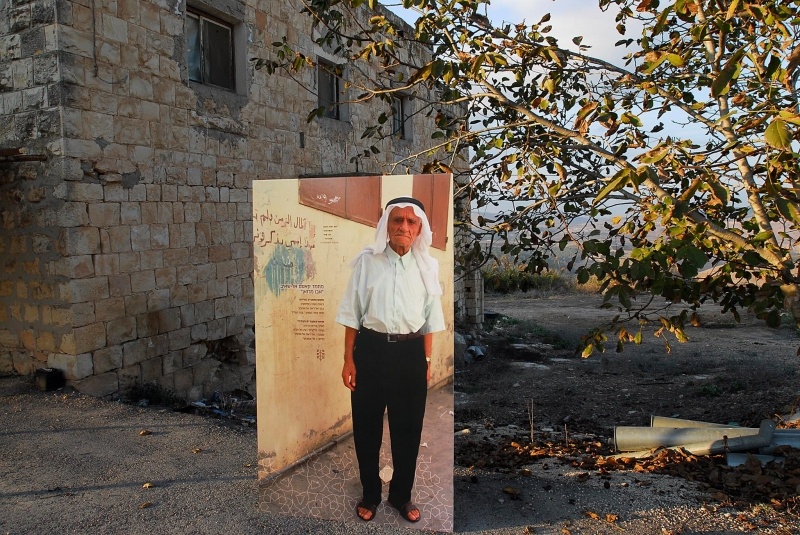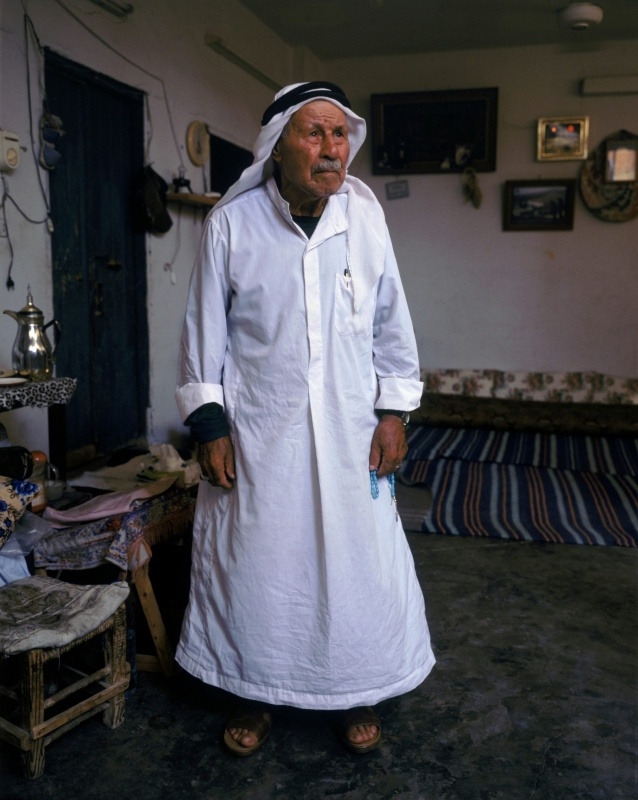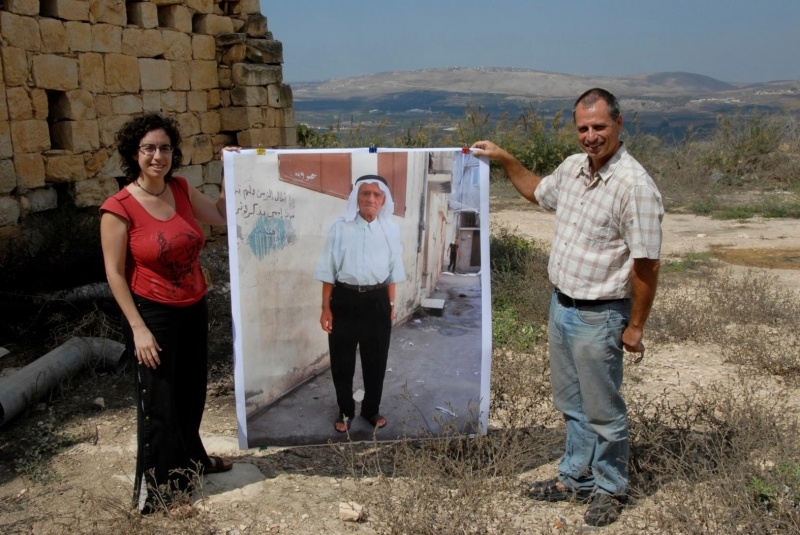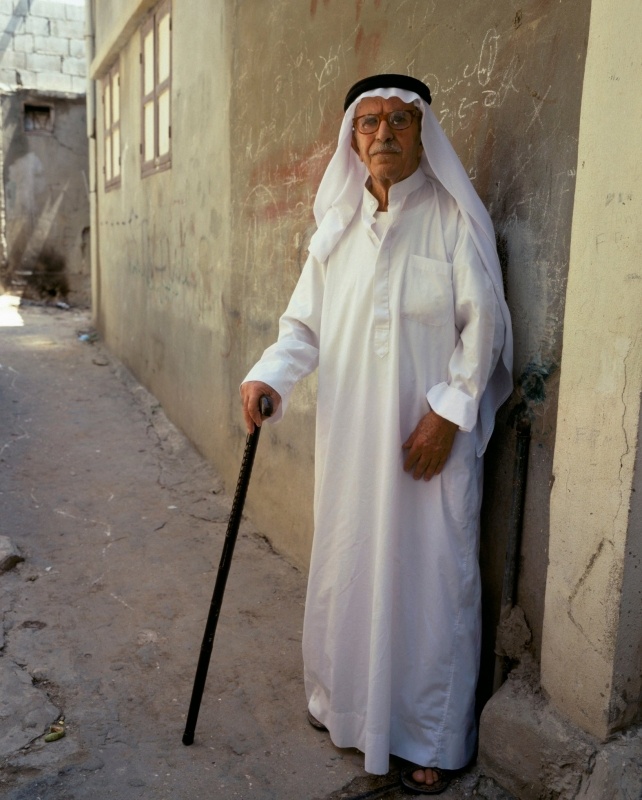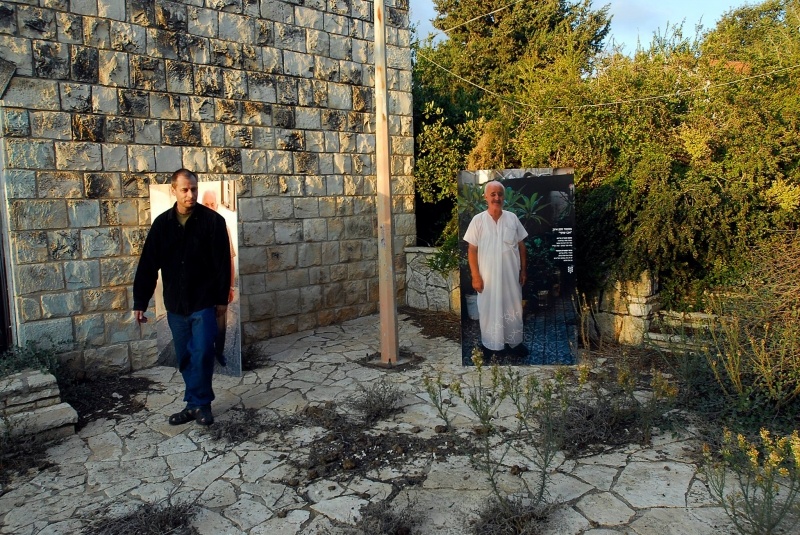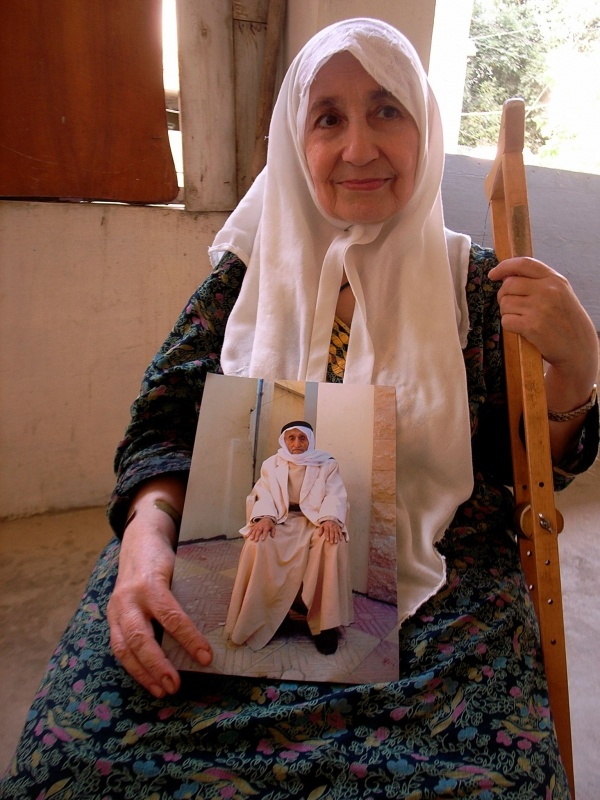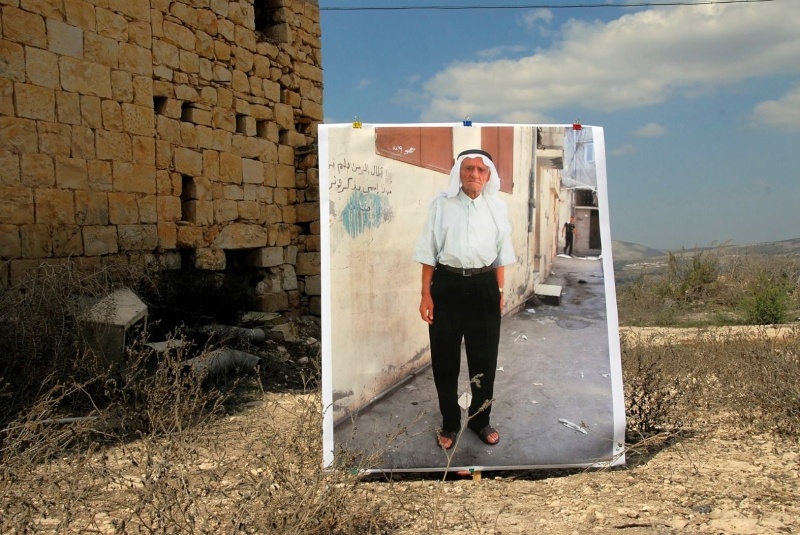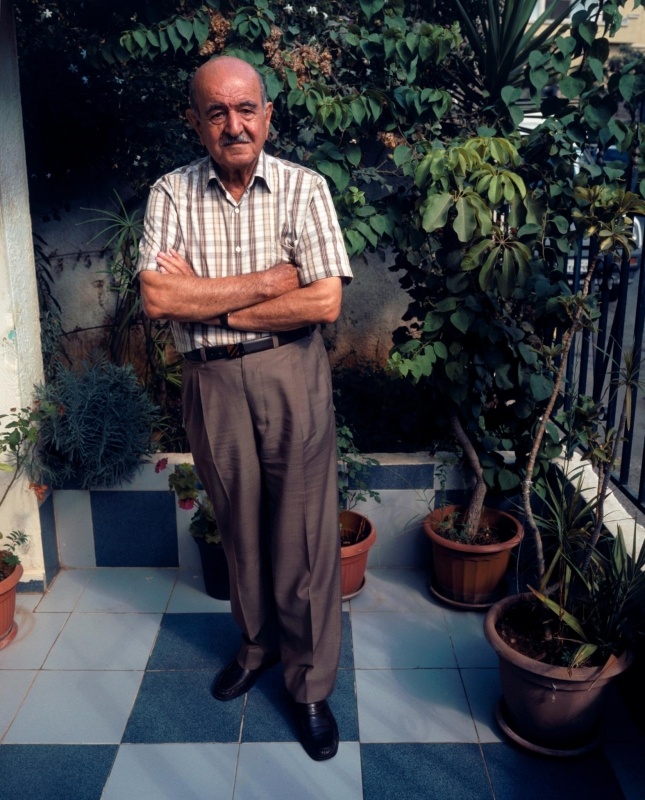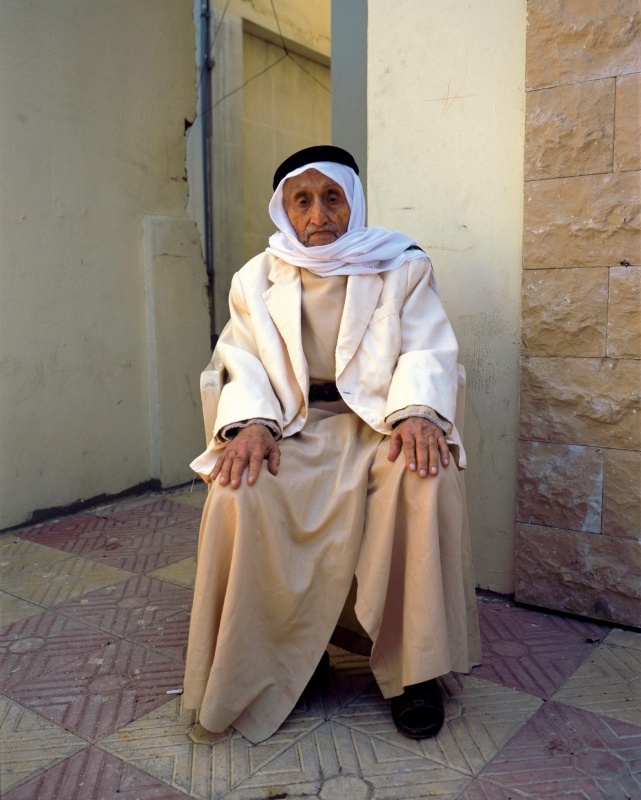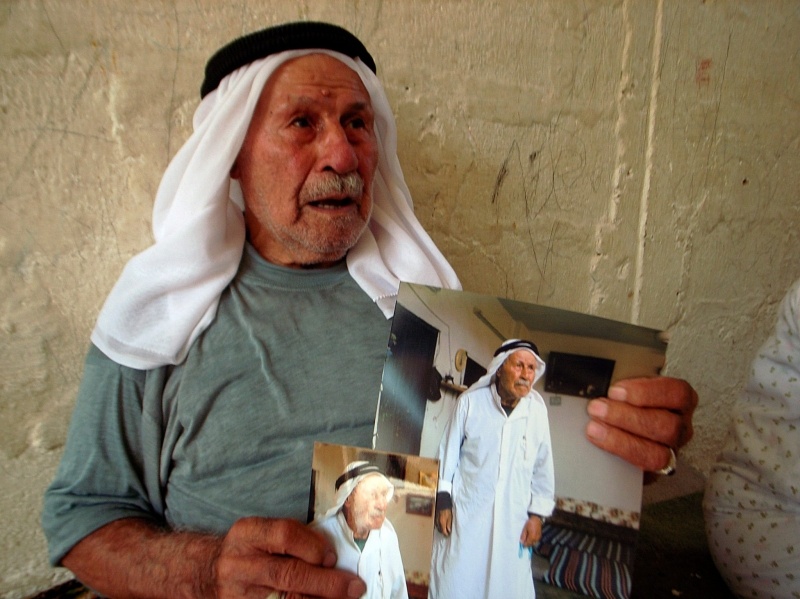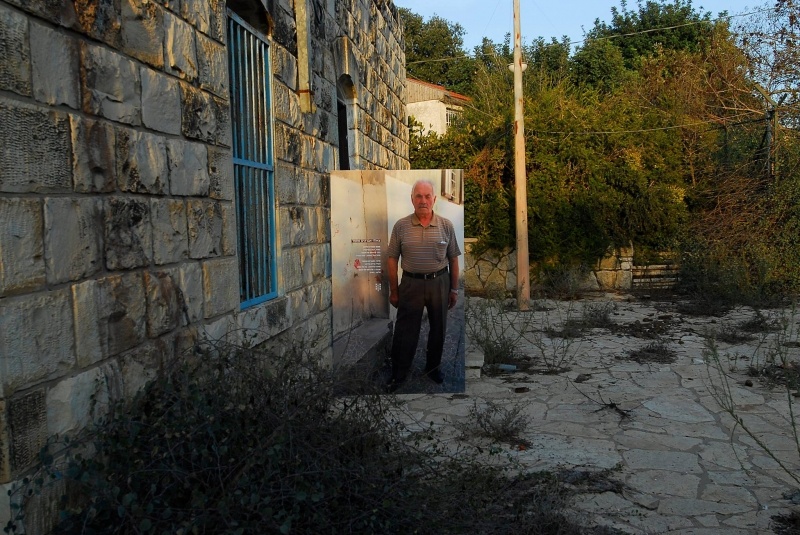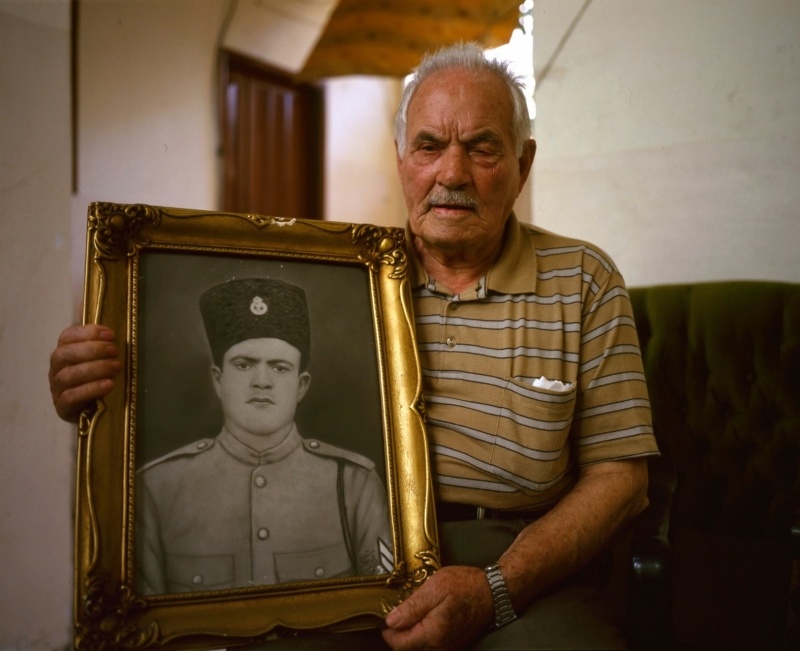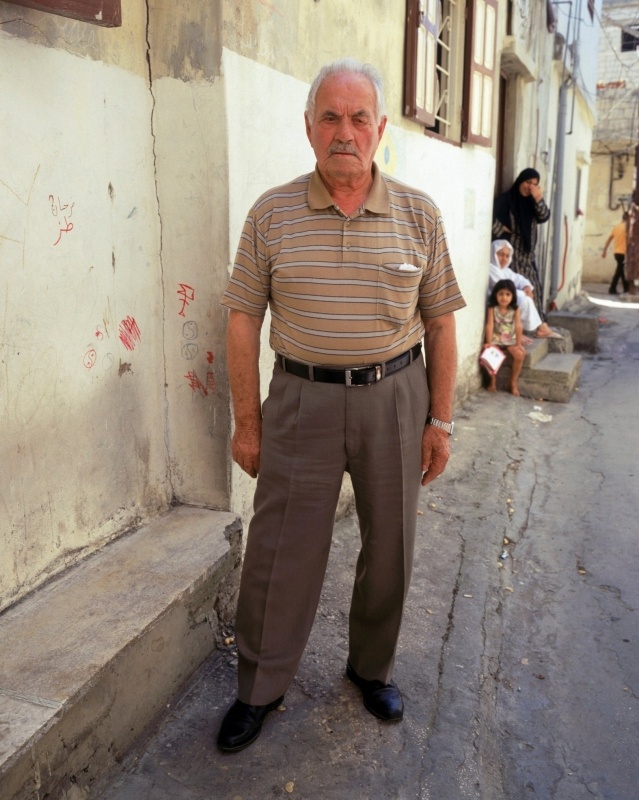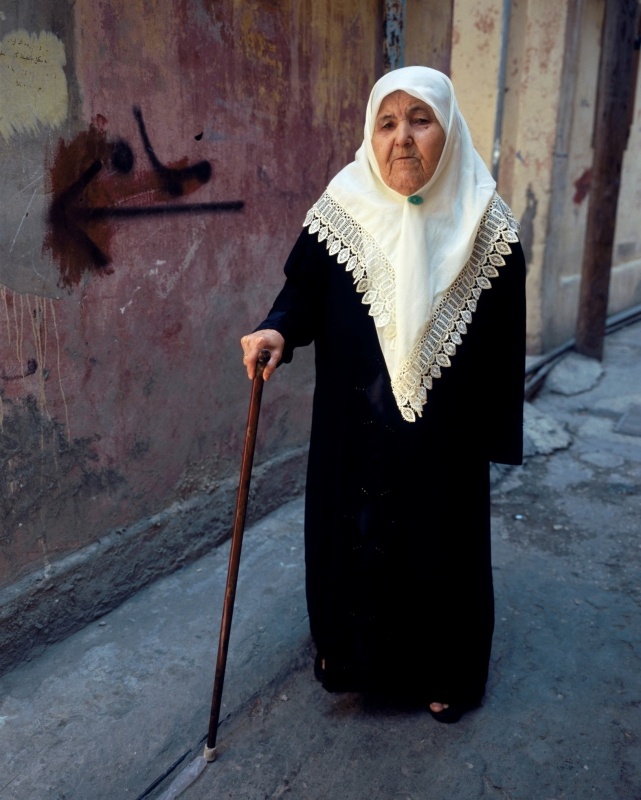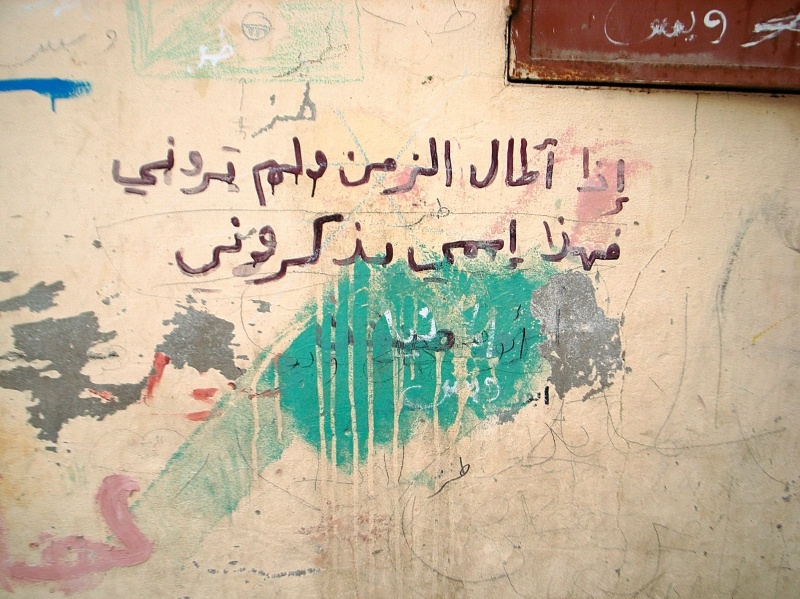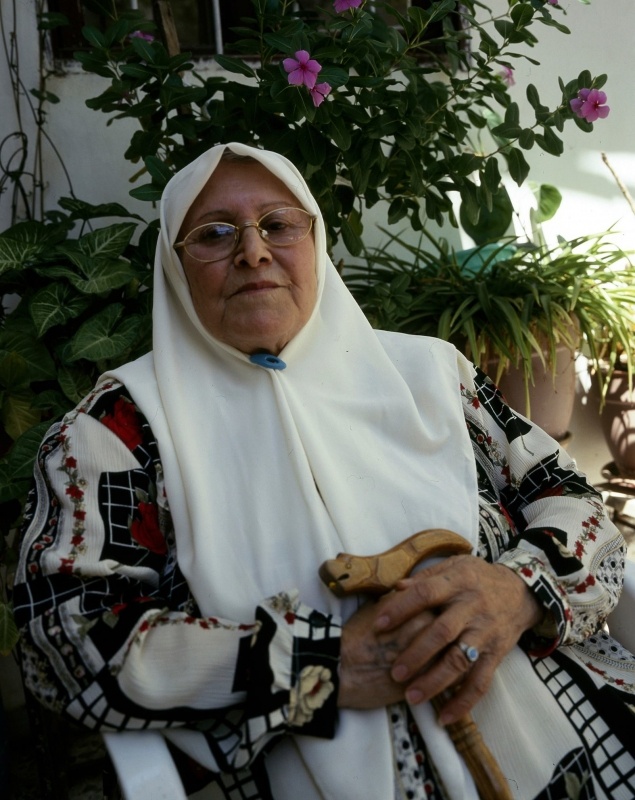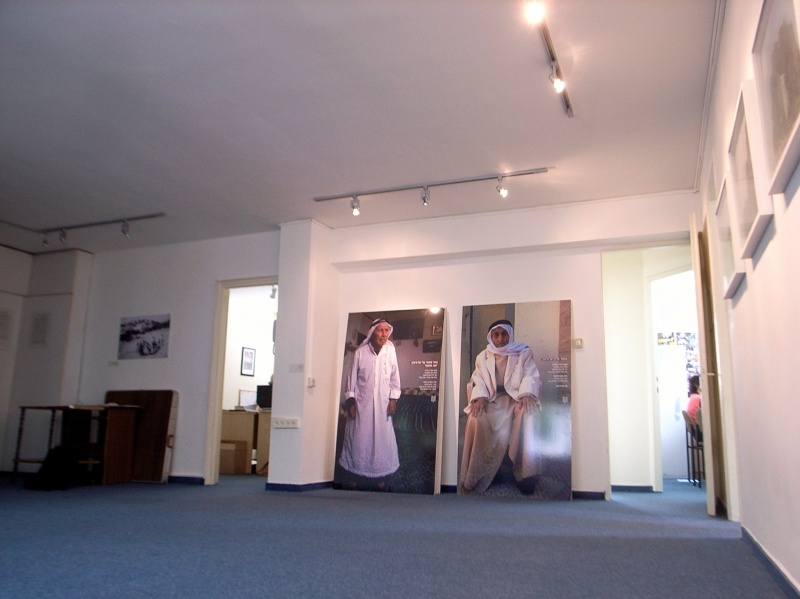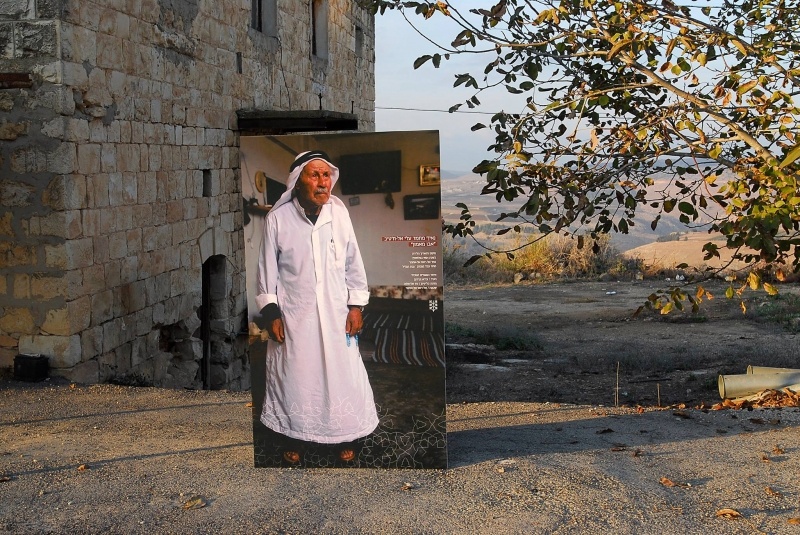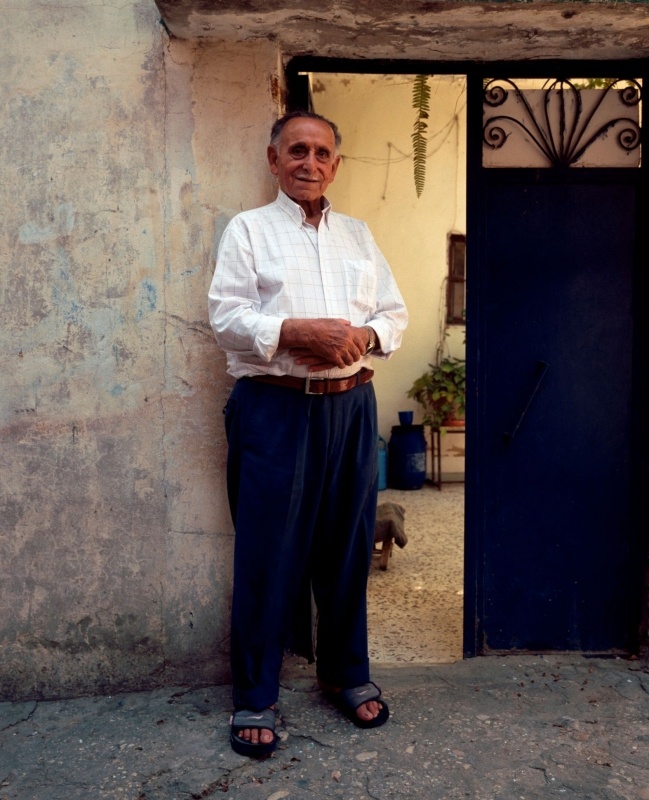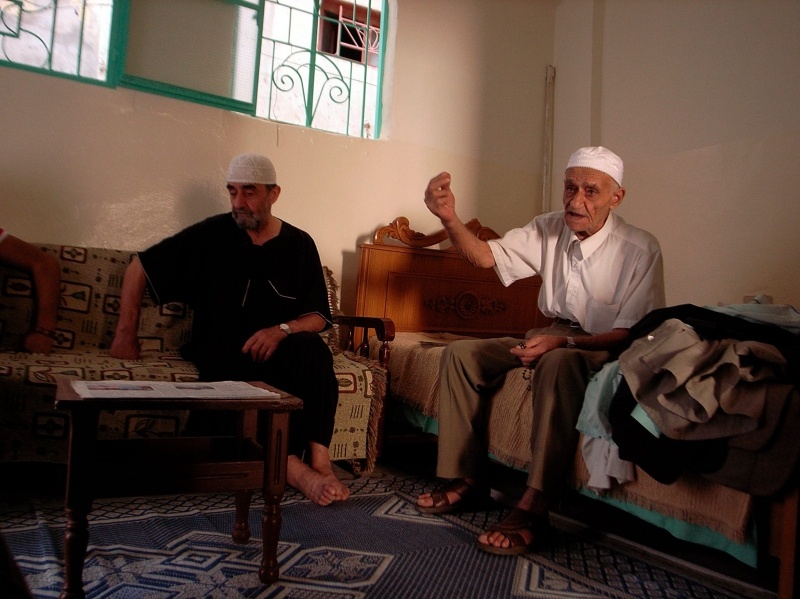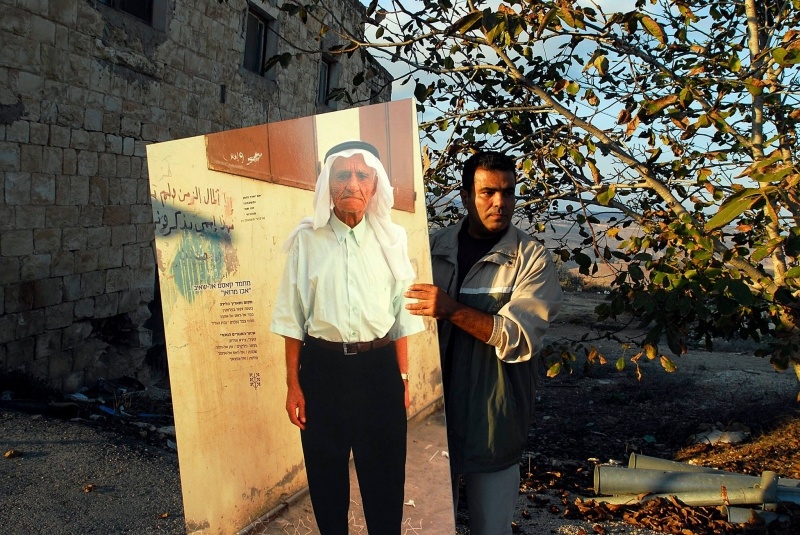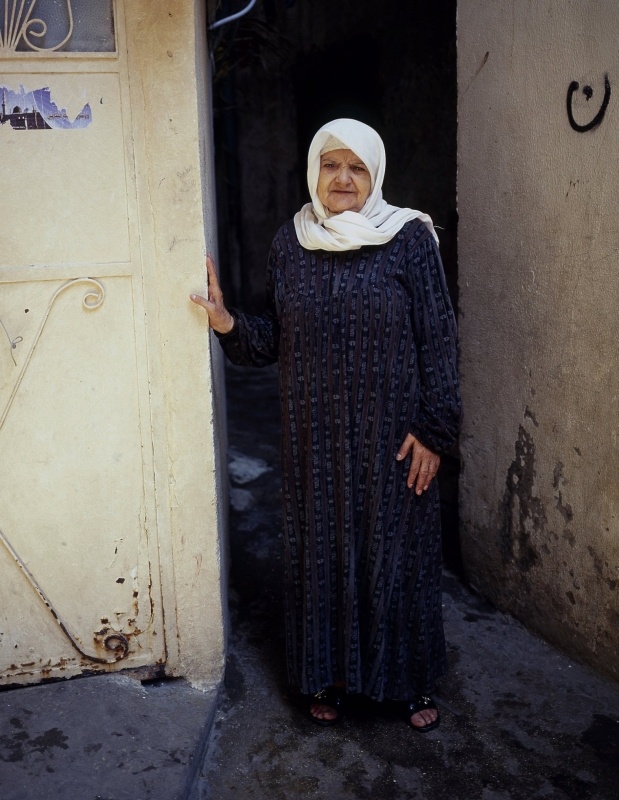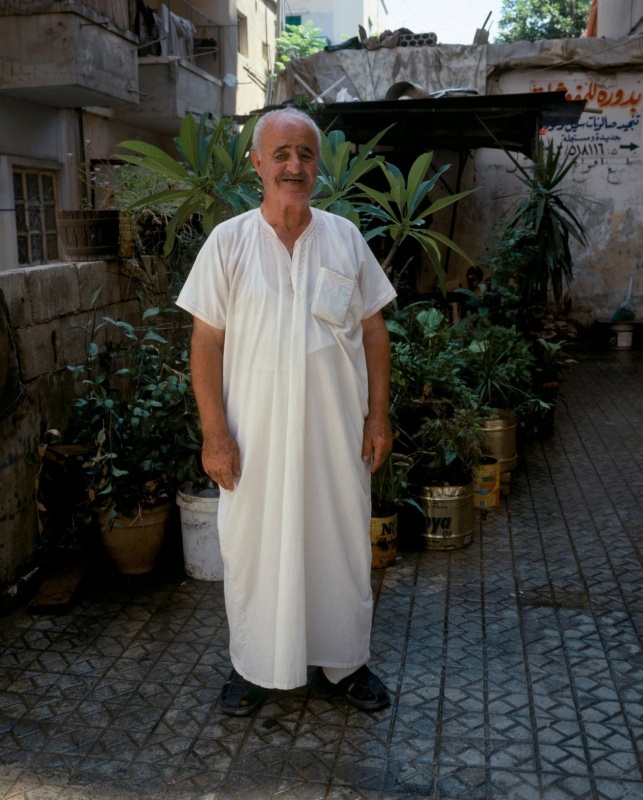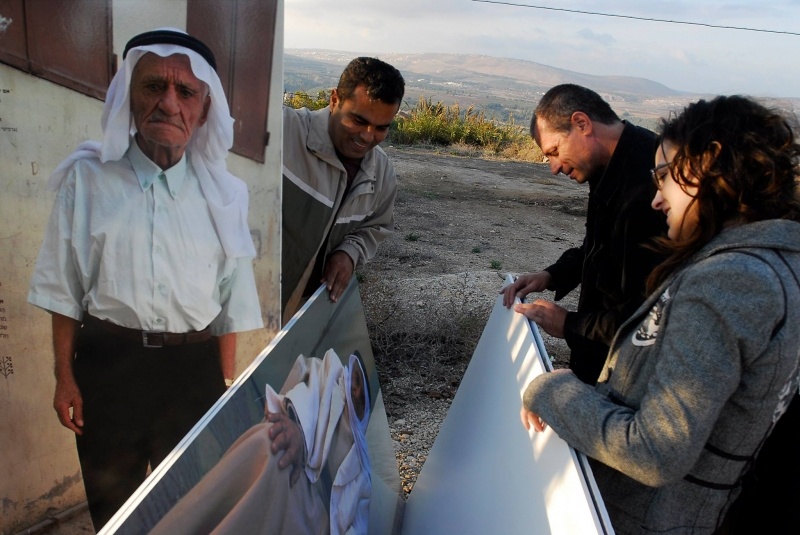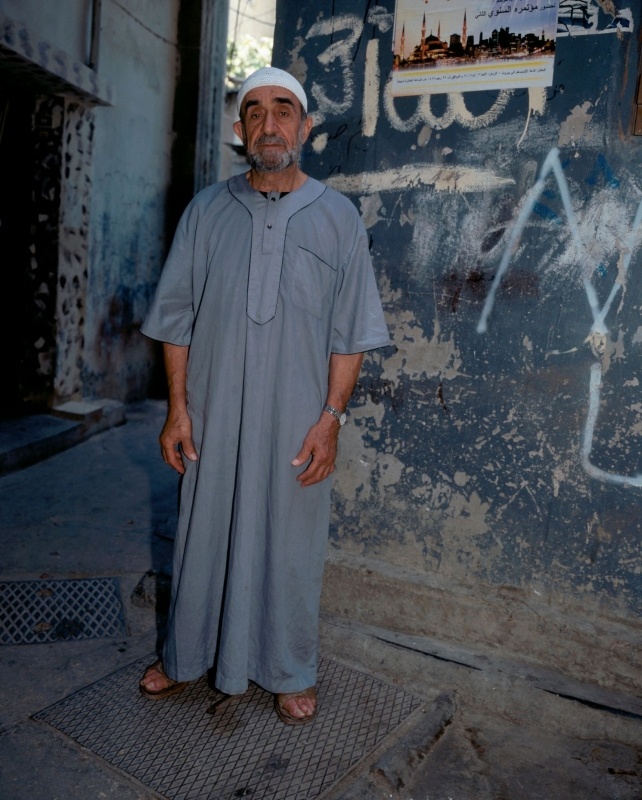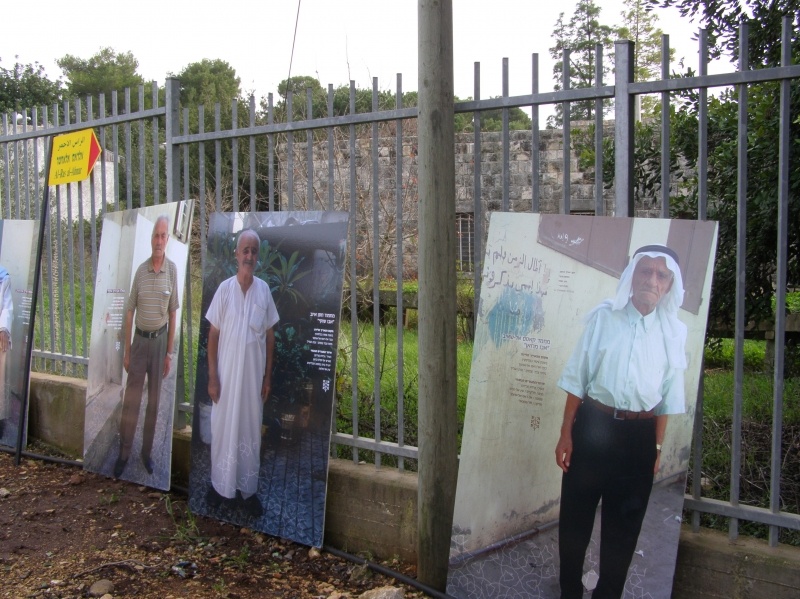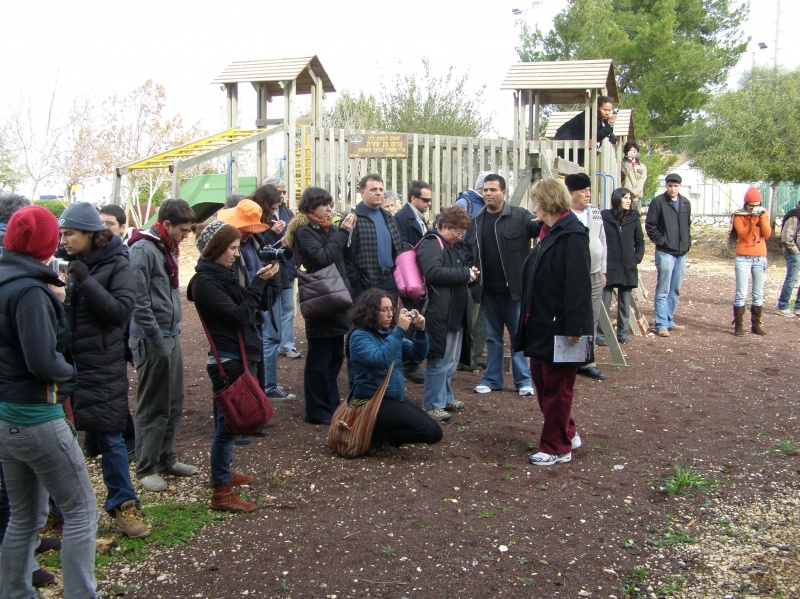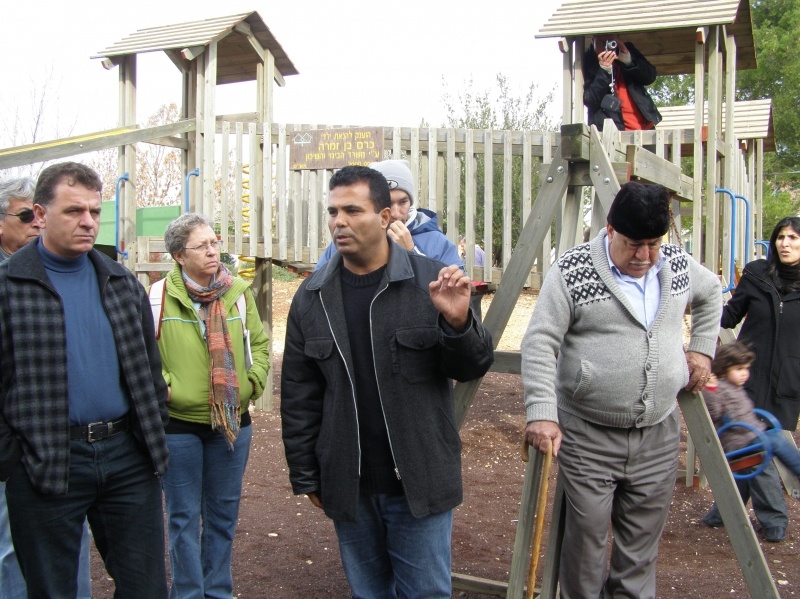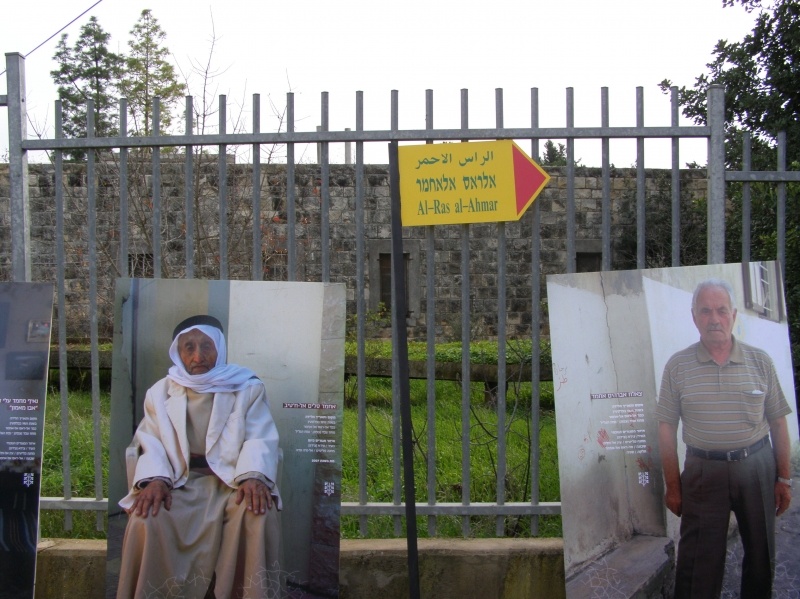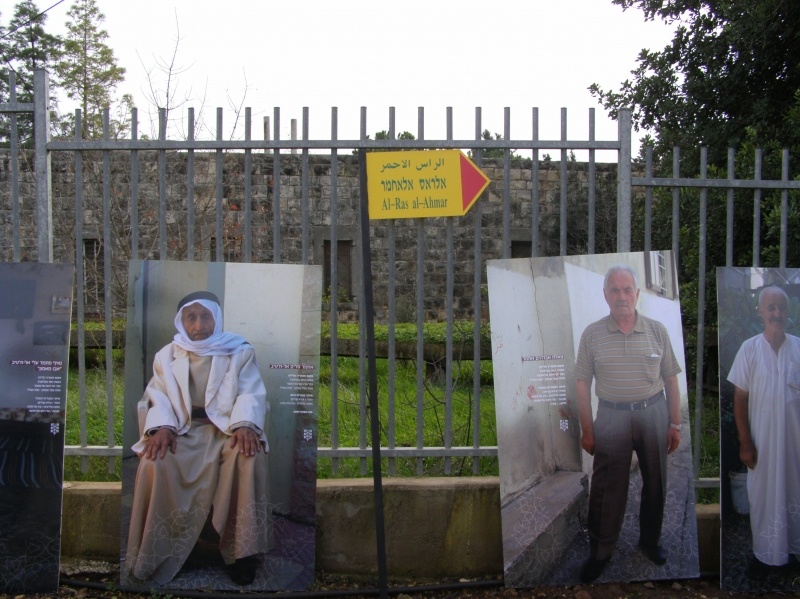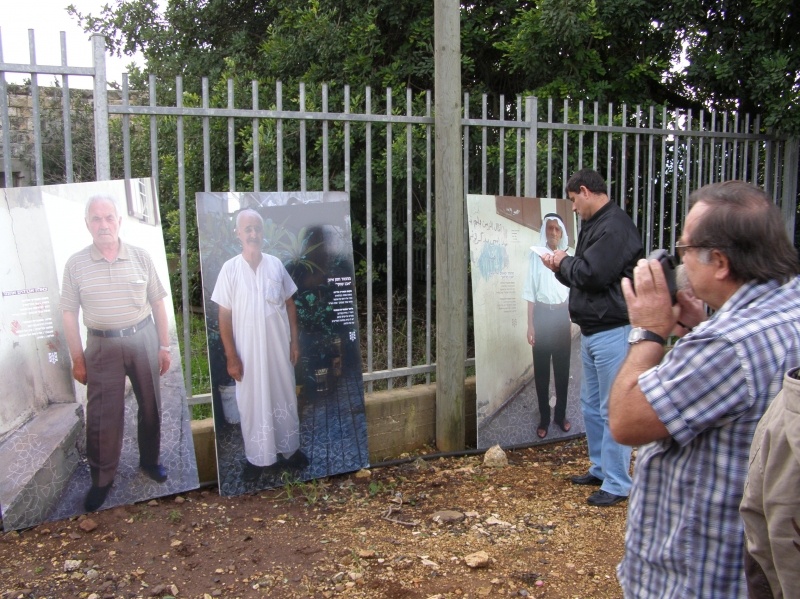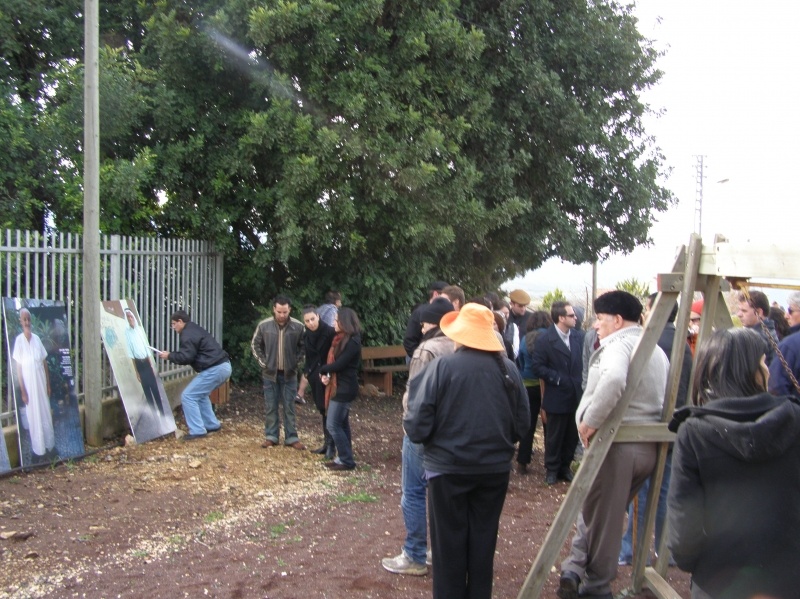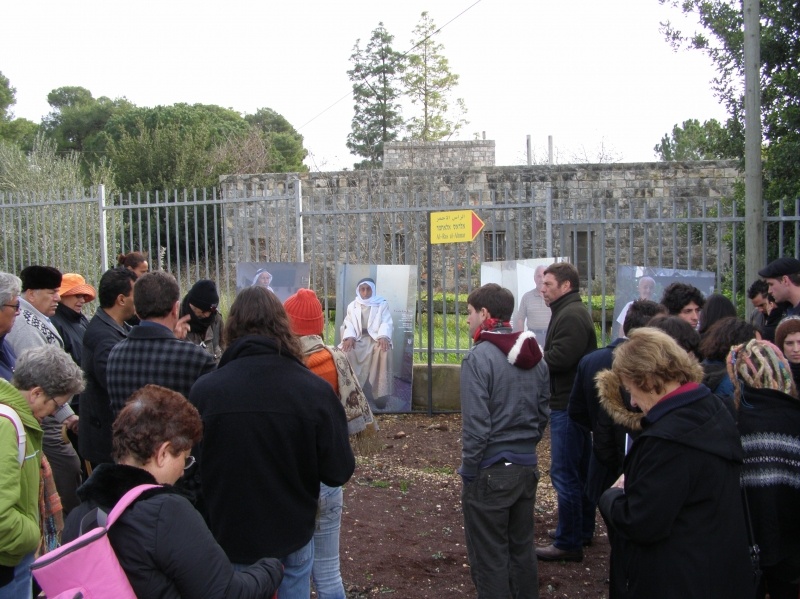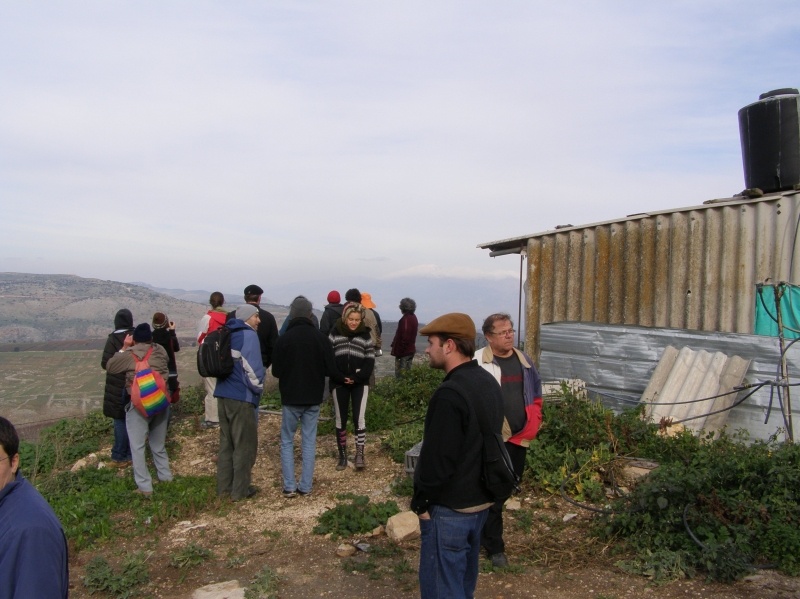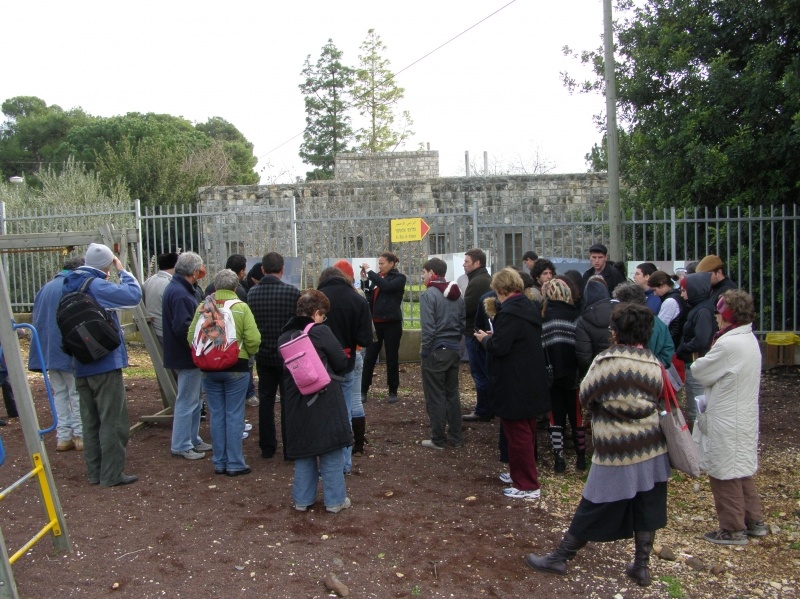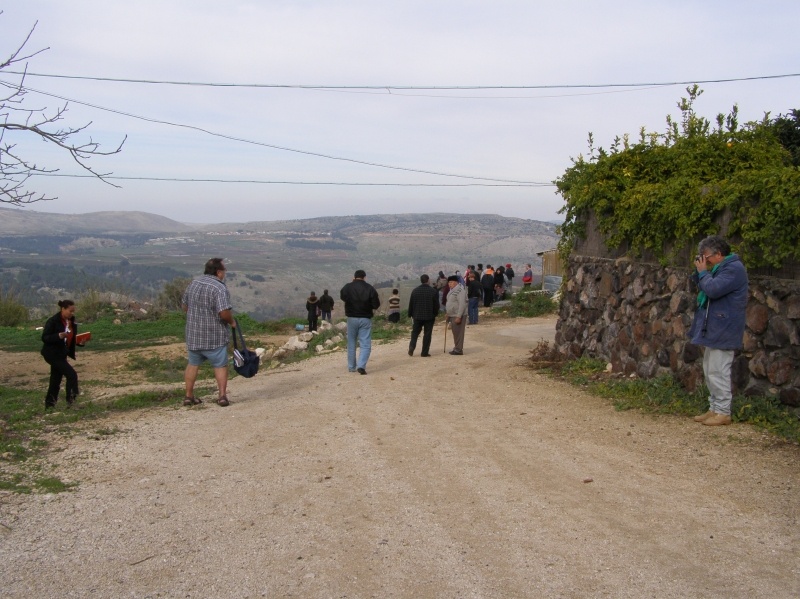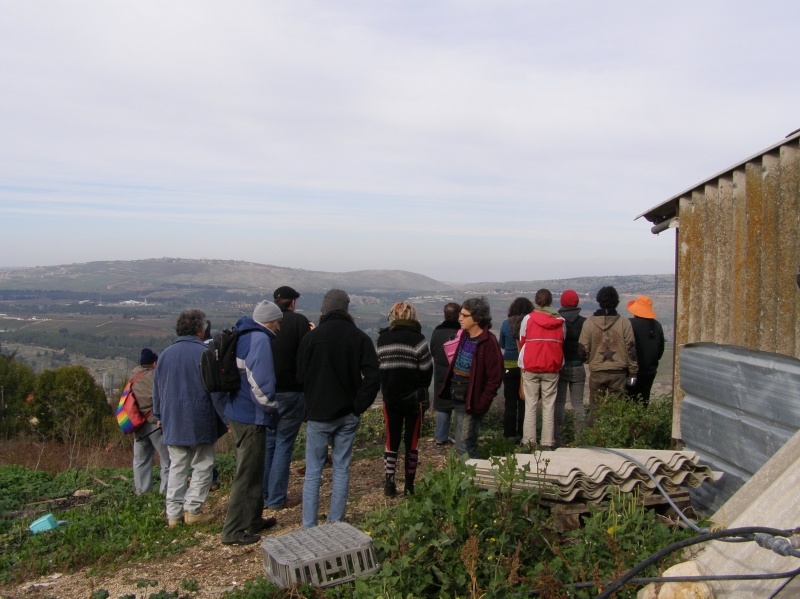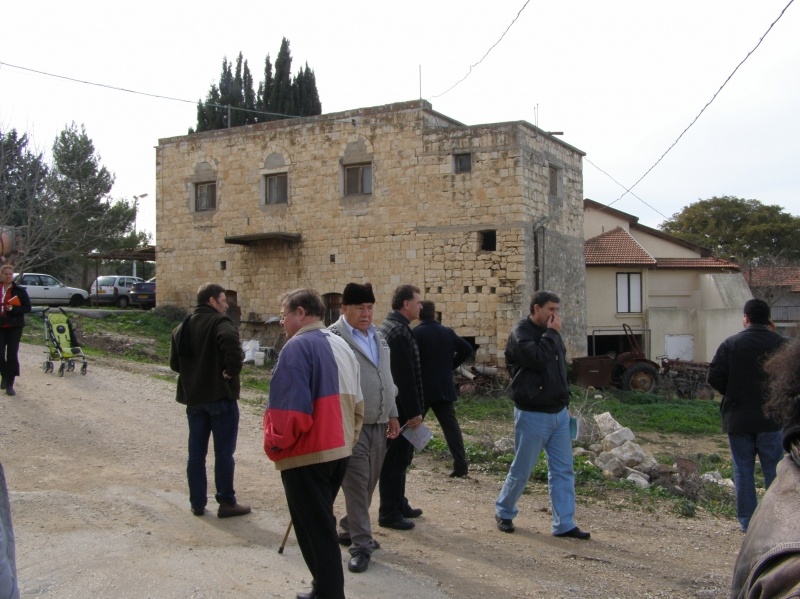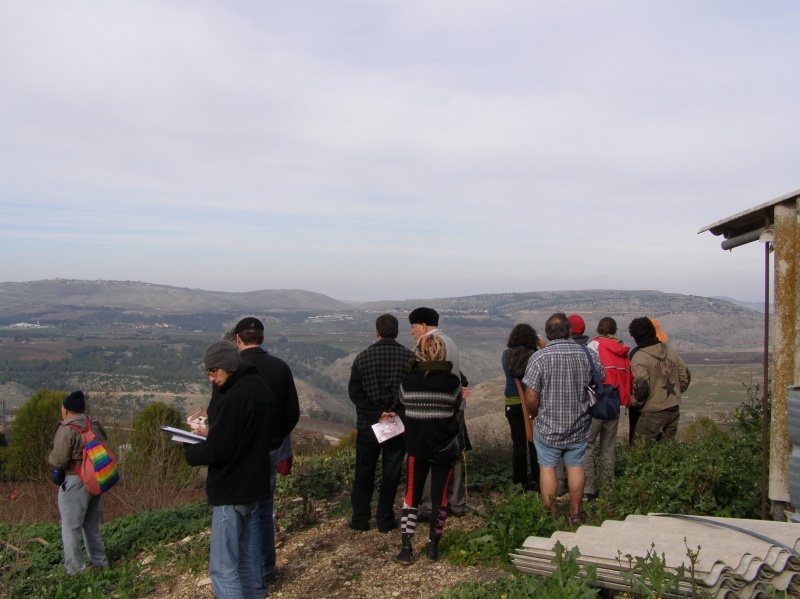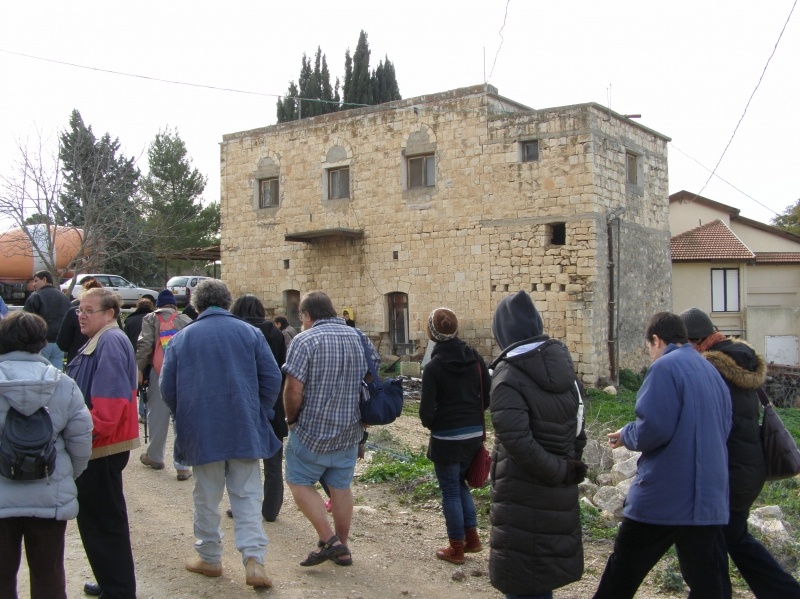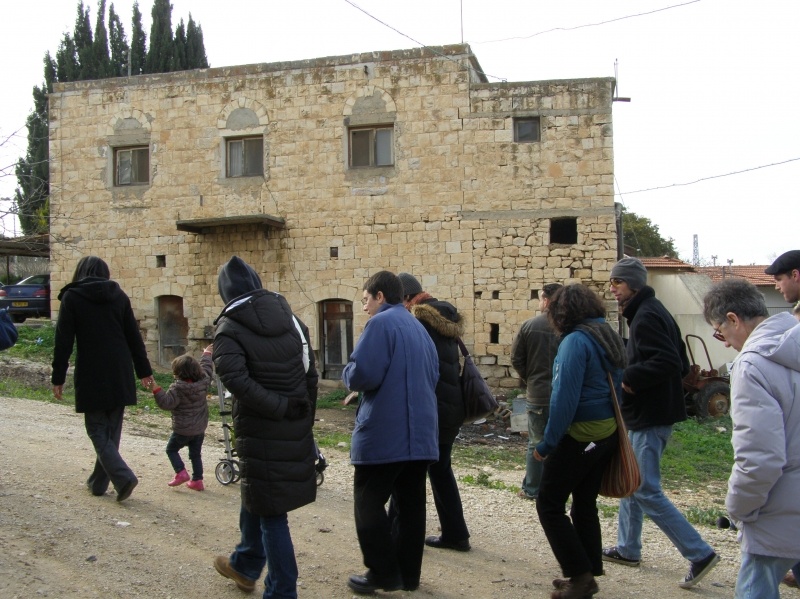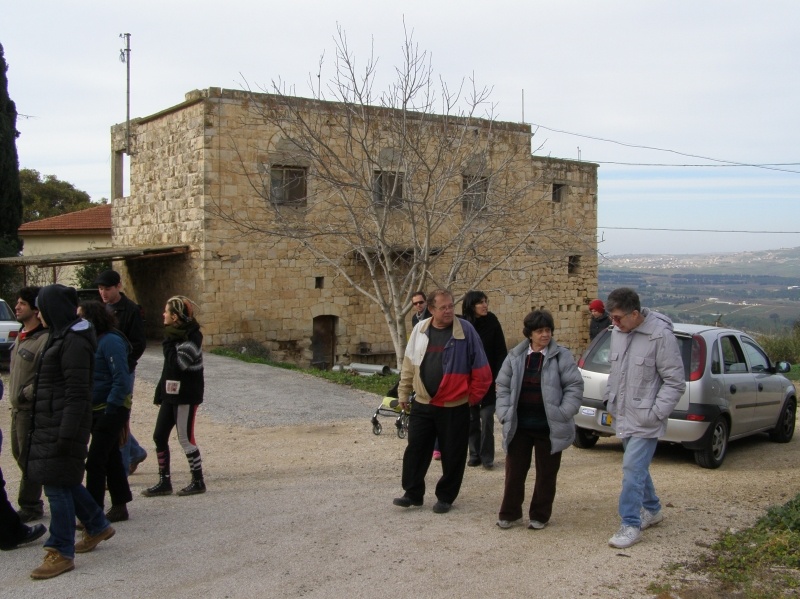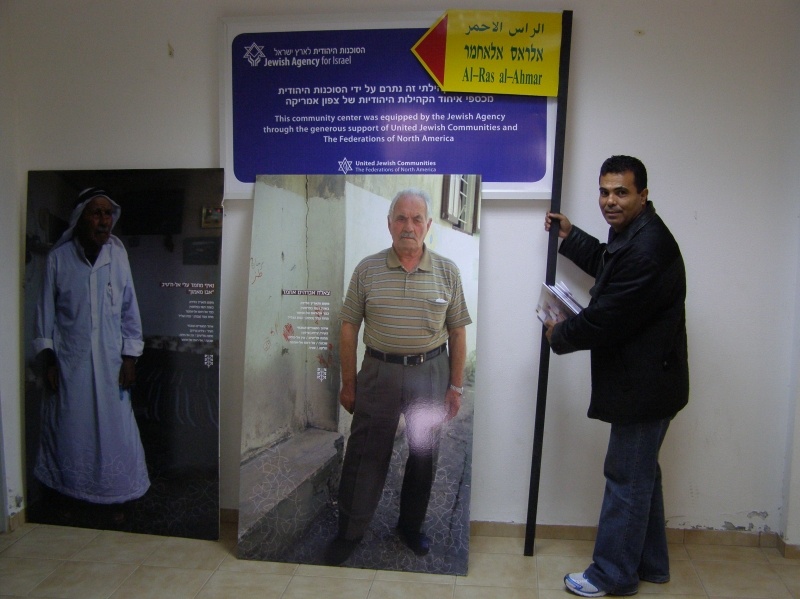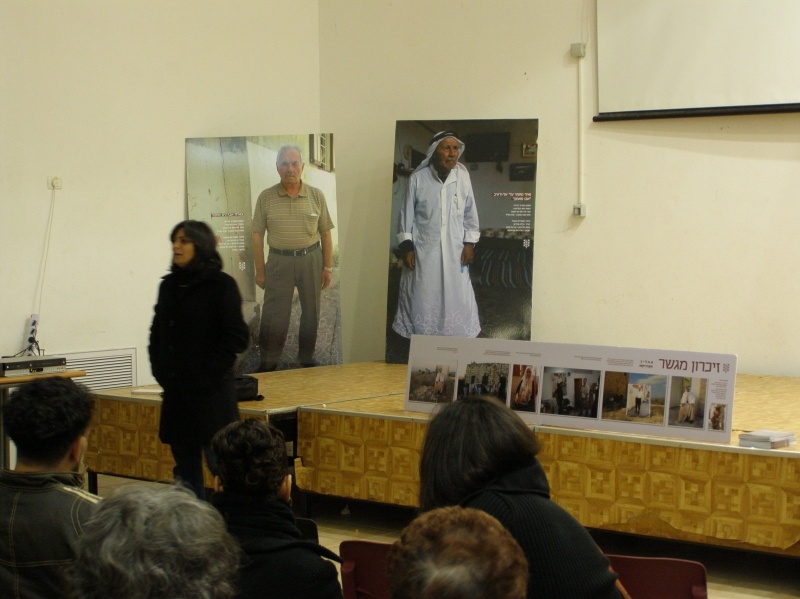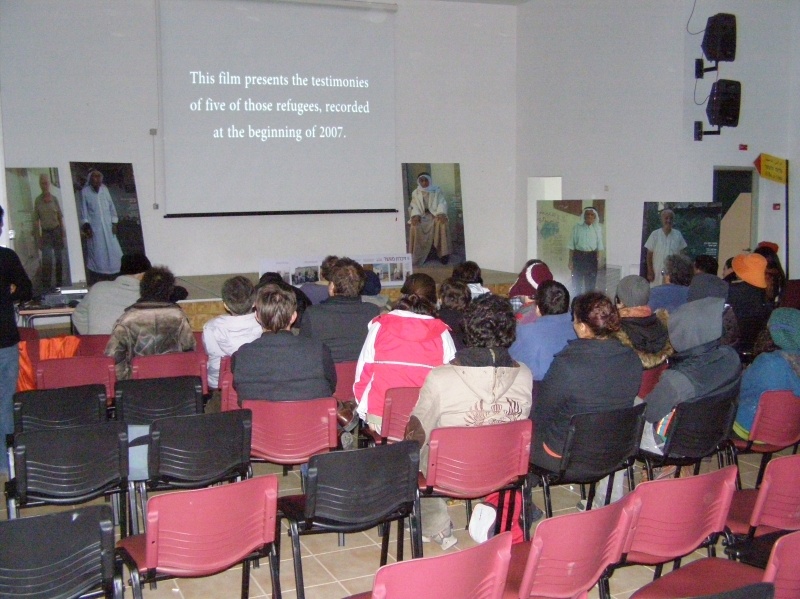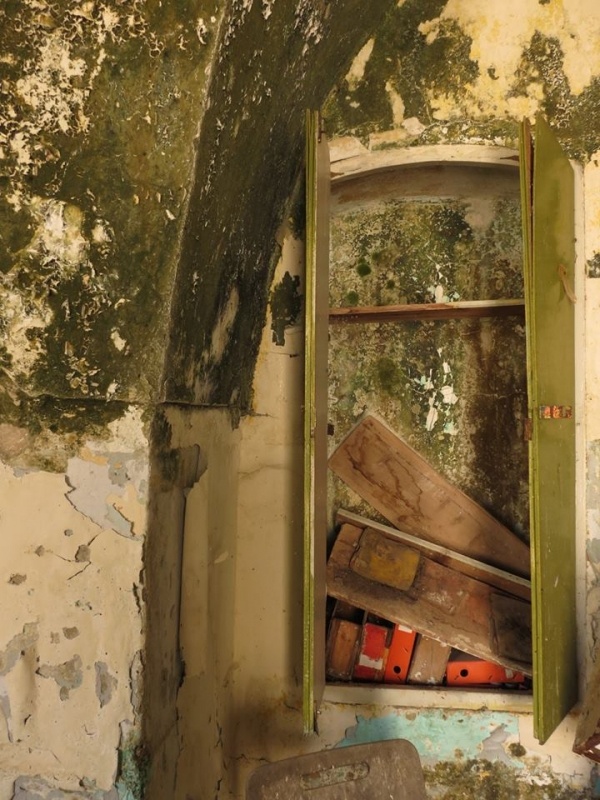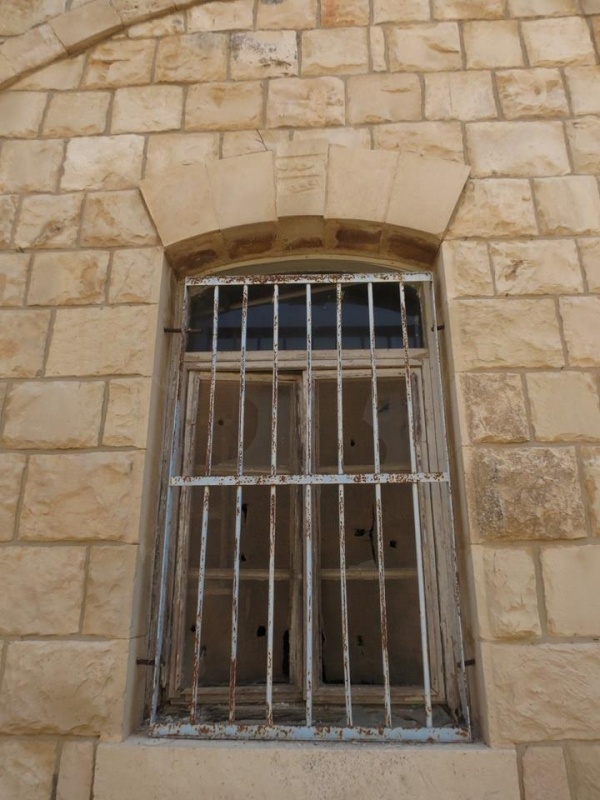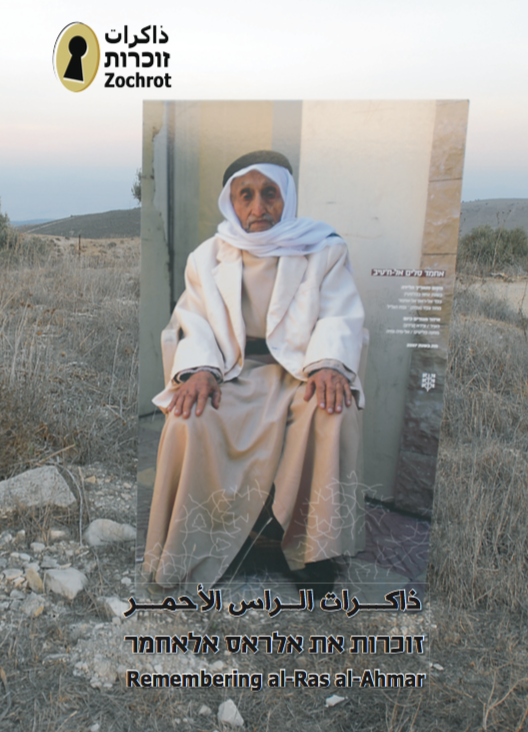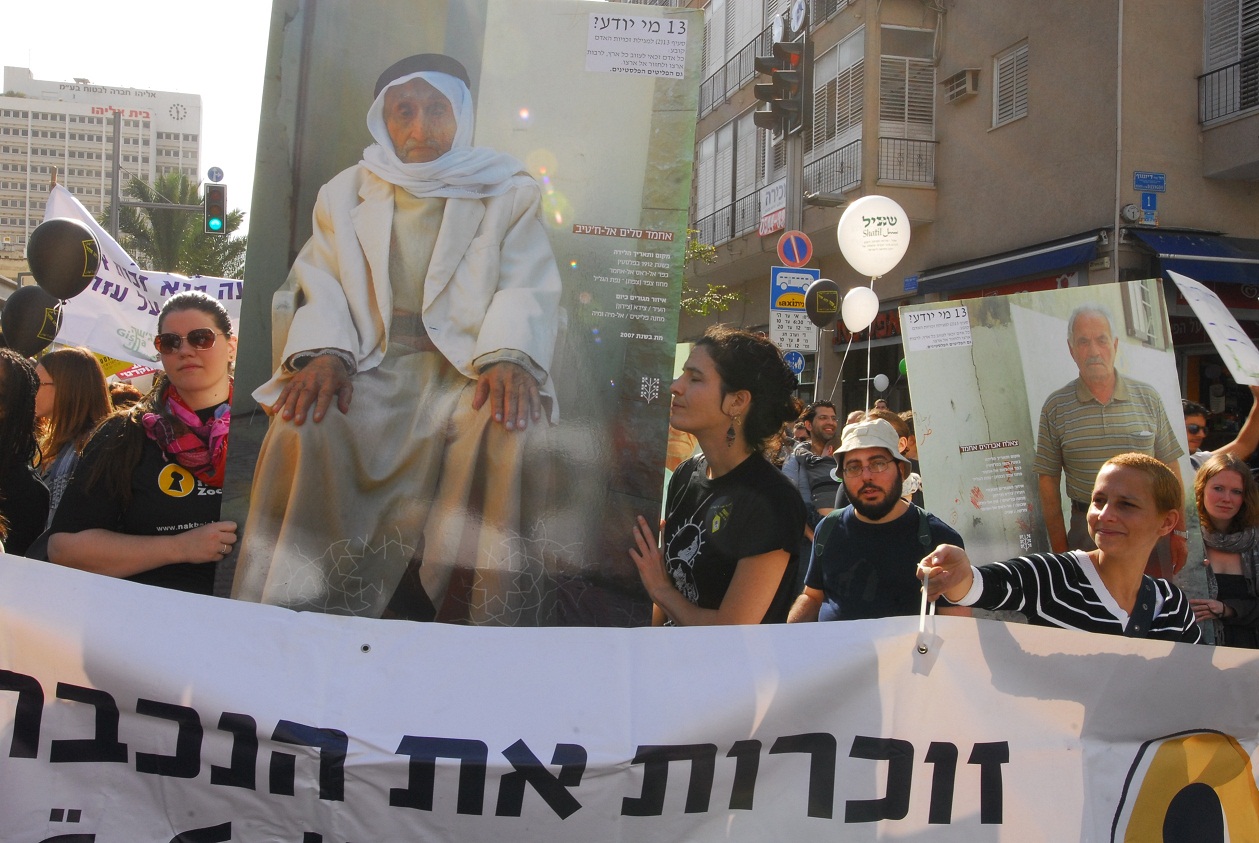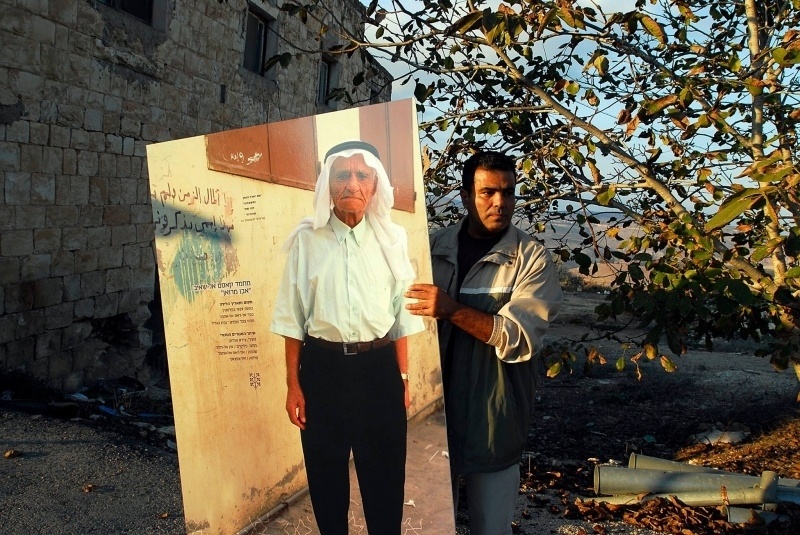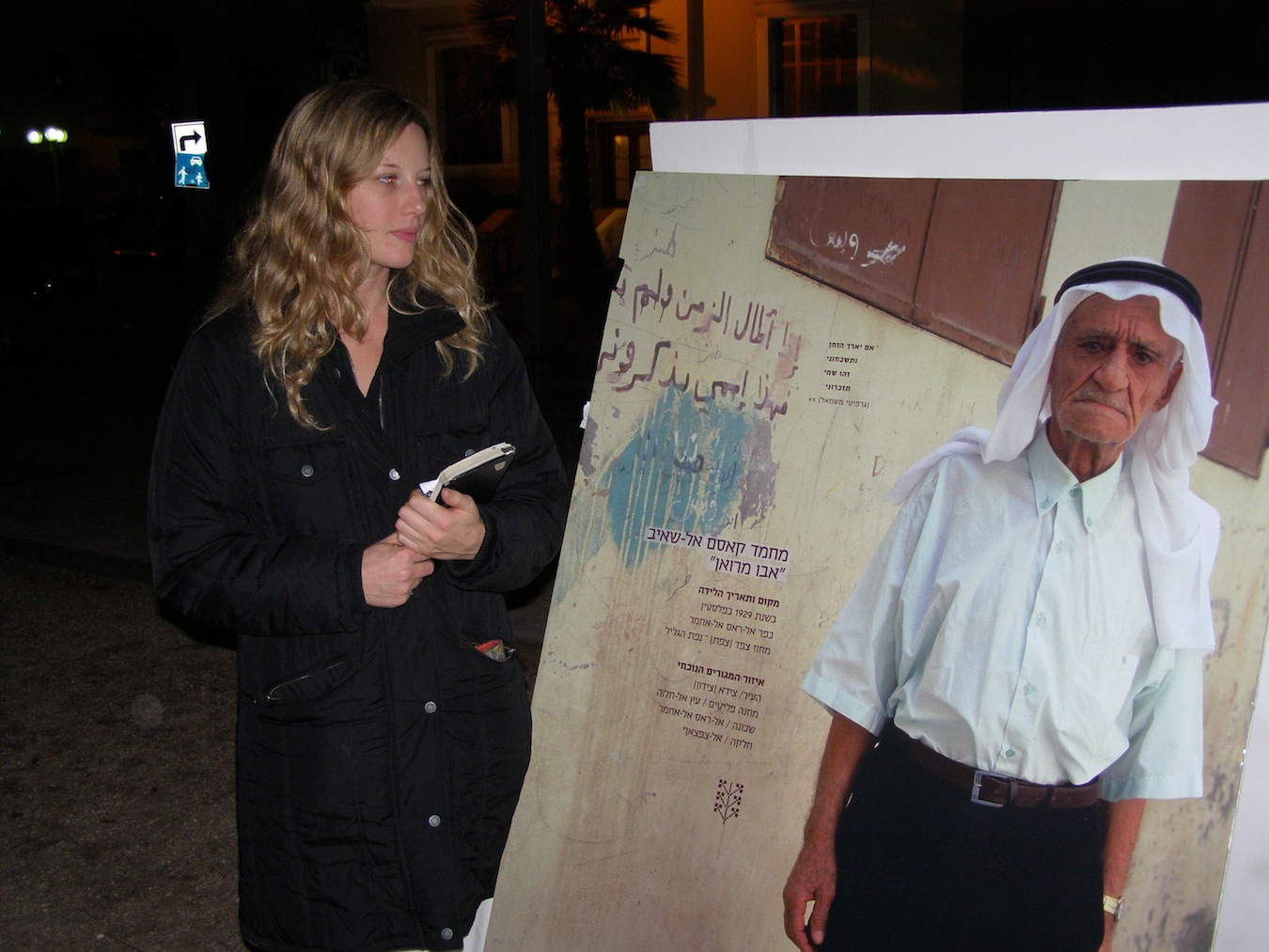Info
District: Safed
Population 1948: 720
Occupation date: 30/10/1948
Jewish settlements on village/town land before 1948: None
Jewish settlements on village/town land after 1948: Kerem Ben Zimra
Background:
al-Ras al-Ahmar Before 1948
The village was situated on the flat summit of al-Ras al-Ahmar (“the red peak”). An unpaved road that linked it to Safad also went through the village of Taytaba to the south. Another unpaved road, branching off from the Safad—Kafr Bir’im road, linked it to Taytaba also, as well as al-Rihaniyya in the north. In 1596, al-Ras al-Ahmar was a village in the nahiya of Jira (liwa’ of Safad), with a population of 418. It paid taxes on a number of crops, including wheat, barley, and ervil (eri’ilia), as well as on other types of produce and property, such as goats, beehives, vineyards, and a press that was used for processing either olives or grapes.
In the late nineteenth century, travelers described al-Ras al-Ahmar as a stone village situated on a high hill on which the villagers maintained gardens. The village population was estimated to be between 150 and 350. Because of the steep slopes to the north, east, and west of the village, any new building had to be constructed to the south. All of the village residents were Muslim. al-Ras al-Ahmar had a boys’ elementary school that was founded during the British Mandate.
A spring on the north edge of the site supplied the villagers with water for domestic use. Citrus and other fruit trees were grown on village lands, primarily on those lying to the north. In the 1942/43 season 350 dunums were planted with olive trees, which were concentrated in the northwest, southwest and southeast. In 1944/45 a total of 4,728 dunums was allocated to cereals and 1,008 dunums were irrigated or used for orchards. Relics in al-Ras al-Ahmar, such as mosaics and wine presses with tessellated floors, provided evidence that the site was inhabited in the classical or Byzantine period.
Occupation and Depopulation
The village was attacked by Israeli forces on 30 October 1948. Israeli historian Benny Morris implies that the residents fled when they heard of the massacres perpetrated the night before at Safsaf (see Safsaf, Safad District) and Jish. Al-Ras al-Ahmar lies just north of the those two villages and was captured by units of the Sheva’ (Seventh) Brigade during Operation Hiram (see ‘Arab al-Sanmiyya, Acre District). When the Brigade units, which committed a number of atrocities during the operation, reached al-Ras al-Ahmar, they found it empty of its inhabitants, according to Israeli reports quoted by Morris. The villagers probably went to Lebanon, like most of the population of the northern Galilee. Israeli forces operating in the area continued to advance into Lebanese territory. The New York Times reported in the first week of November that Israeli units had occupied some fifteen Lebanese villages, some as much as 10 km inside Lebanese territory. By May 1949, the empty village had been renamed Kerem Ben Zimra and was being readied to receive new Jewish immigrants.
Israeli Settlements on Village Lands
In 1949, Israel established the settlement of Kerem Ben Zimra on village land just to the east, if not on top of, the village site.
The Village Today
Some houses still remain. One house has a front stairway, and a covered garage that apparently was added by the Israelis who live there. Another house has two high, arched windows. The site also contains stone rubble from destroyed houses, and a few fig trees and cactuses.
The nearby settlement cultivates some of the surrounding land and uses the rest for grazing.
-----------------------------
Source: al-Khalidi, Walid (ed.). All that remains: the Palestinian villages occupied and depopulated by Israel in 1948. Washington DC: 1992.
Videos
Refugee from the village of al-Ras al-Ahmar
Refugee from the village of al-Ras al-Ahmar
Refugee from the village of al-Ras al-Ahmar
Rfugee from al-Ras al-Ahmar
Refugee from al-Ras al-Ahmar
Refugee from al-Ras al-Ahmar
Refugee from al-Ras al-Ahmar
Place of birth: al-Ras al-Ahmar - Safed District
al-Ras al-Ahmar - Safed District
Jewish settlements on village land after 1948: Kerem Ben Zimra
al-Ras al-Ahmar destroyed village - Safed District
al-Ras al-Ahmar destroyed village - Safed District
al-Ras al-Ahmar destroyed village - Safed District
al-Ras al-Ahmar destroyed village - Safed District
On Thursday, 29 November 2007, Zochrot marked 60 years since the UN partition resolution at Rothschild Blvd. corner of Balfour (!) Street in Tel Aviv. With us were five human-sized photocopies of Palestinian refugees, photographed as part of the "Bridging Memory" project.


